Here at ACG we have seen first hand how valuing quality play can make a noteworthy difference in the learning experiences of young children – they are able to display and explore their natural curiosities, are more deeply engaged in the process of discovery, and obtain a deeper understanding of the world around them.
Extensive research has demonstrated that play significantly contributes to the typical development of children. Particularly, outdoor risky play is associated with increased physical activity, improved fundamental motor skills, improved psychomotor skills, improved social health, and decreased sedentary behavior. Remember: active children typically become active adults!
In addition, play significantly contributes to the social-emotional and cognitive development of children. During free play, children are able to showcase many capabilities including exercising their imagination and creativity, organizing games and determining rules, developing problem-solving skills, collaborating and working with others, engaging in conflict resolution, and establishing roles and practicing leadership. Furthermore, pretense play specifically has been associated with increased self-regulation, social competence, cognitive functioning, and theory of mind.
Play also presents many benefits for children on their scholastic journey. Research suggests that children who engage in unstructured play are more likely to achieve academic success and possess logical and analytical reasoning skills. Additionally, construction play with three-dimensional blocks or other like materials helps children to develop visual-spatial imagery to support STEM learning. Likewise, children are intrinsically driven to engage in play and play caters to all different types of learners. Therefore, connecting curricular activities to play can increase engagement and motivation in subject areas that may be difficult to conceptualize.
Despite the clear benefits of play for young children’s learning and development, play and learning are often systematically (and problematically) dichotomized. As champions of children and advocates for their optimal well-being, parents and educators alike should aim to reposition play as more than just a four-letter word that is separate from learning, and instead as a right of all children and advocate for its presence in and out of learning environments to inspire a life-long love of learning!
Check out how we LEARN through PLAY on a daily basis below! And, if you would like to read more about play-based learning at ACG and how you can support more play at home, check out our past blog Why We Love To Play.
Outside Fun!
Science Fridays
Carrot Harvest!
Superfood Brownies
- 1 cup almond butter
- 1/2 cup honey
- 1/4 cup soaked chia seeds (1 tsp chia seeds soaked in 1/4 cup water)
- 2 TBS coconut oil
- 1 tsp vanilla flavoring
- 1/3 cup cocoa powder
- 1/2 tsp baking soda

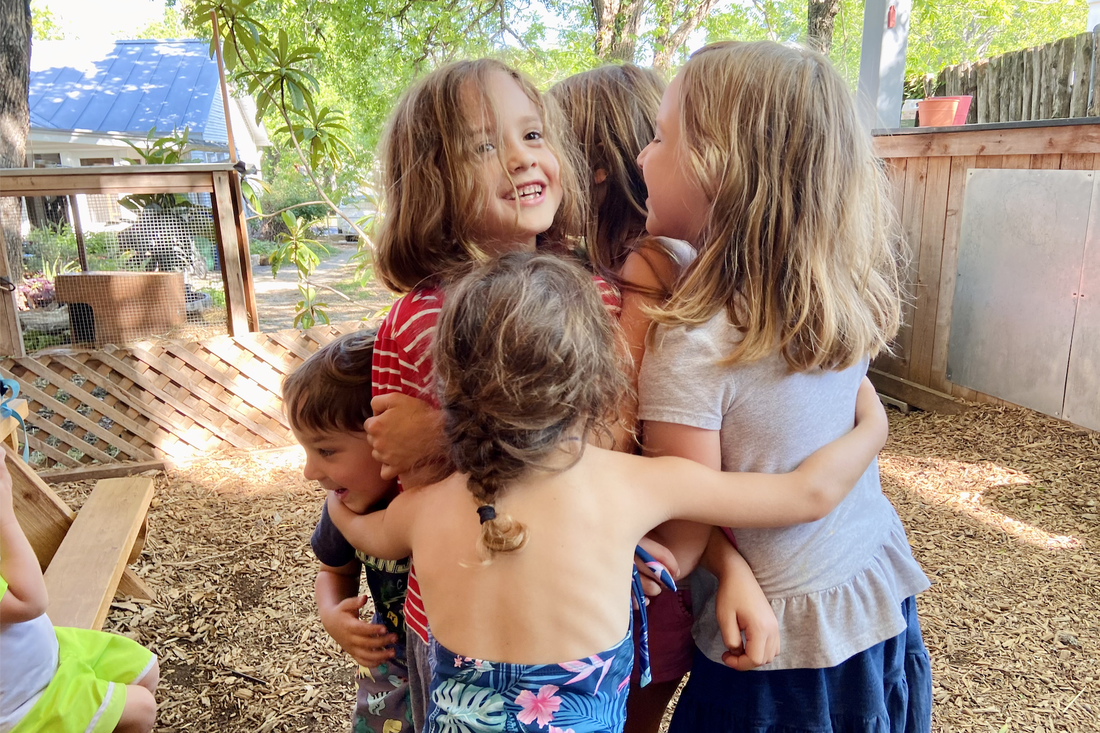
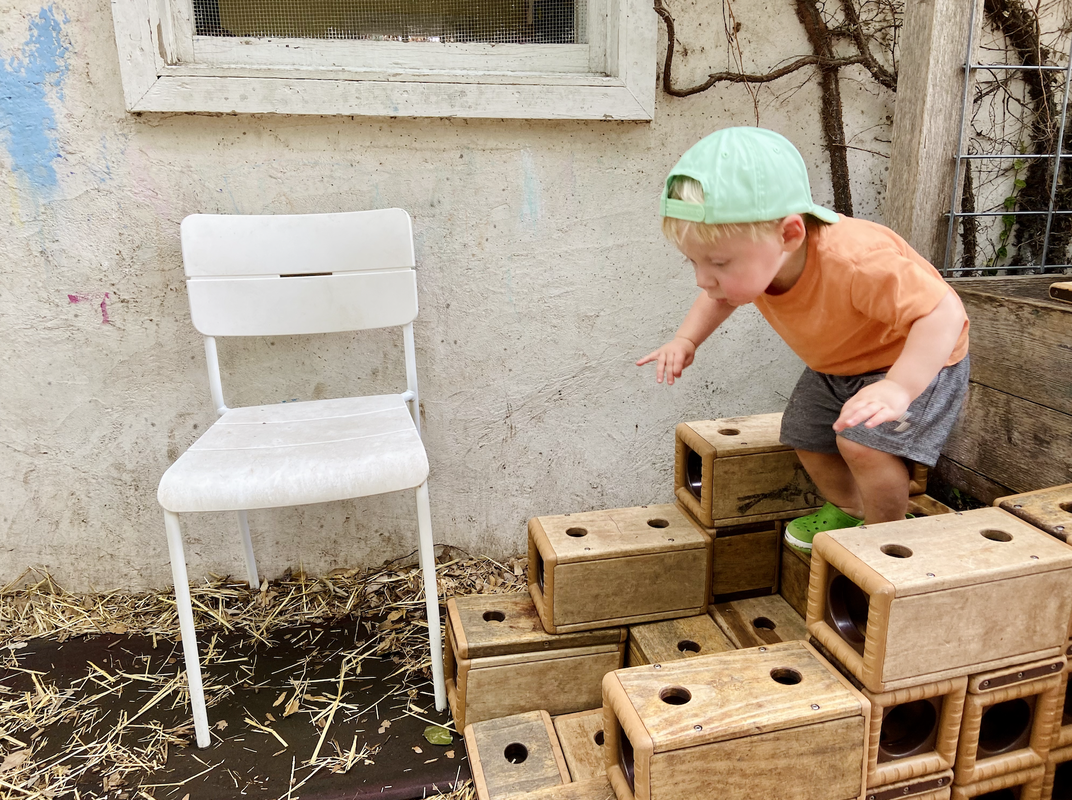
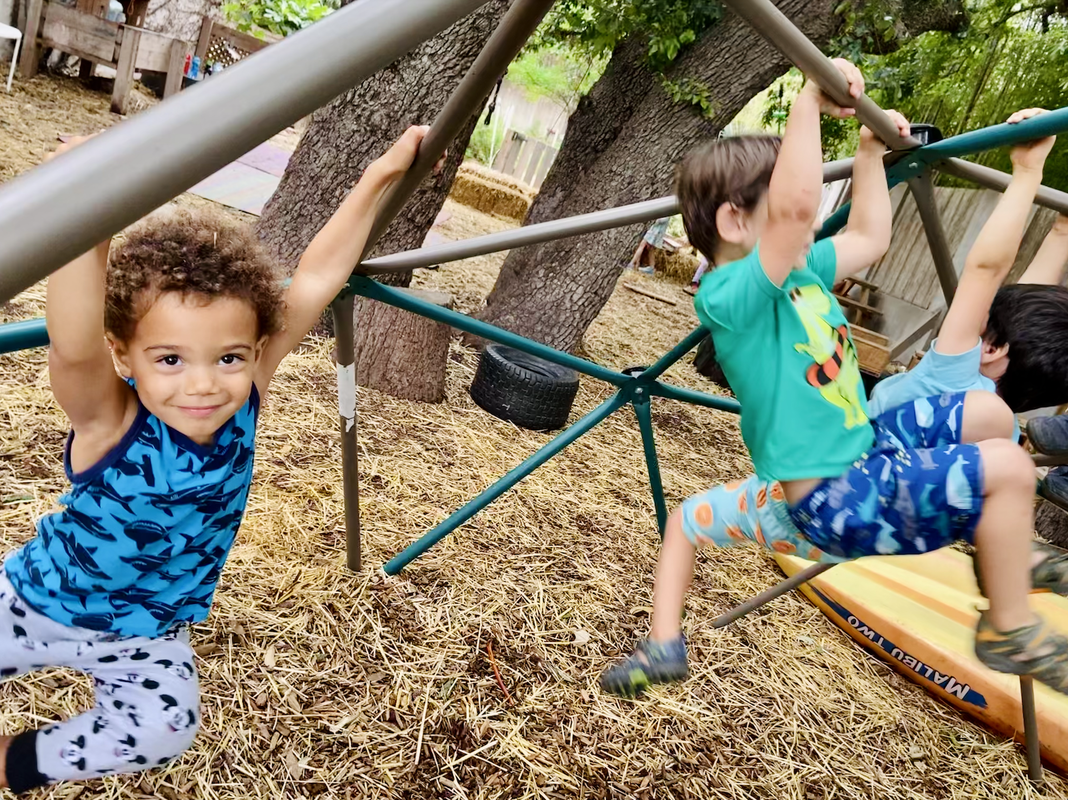
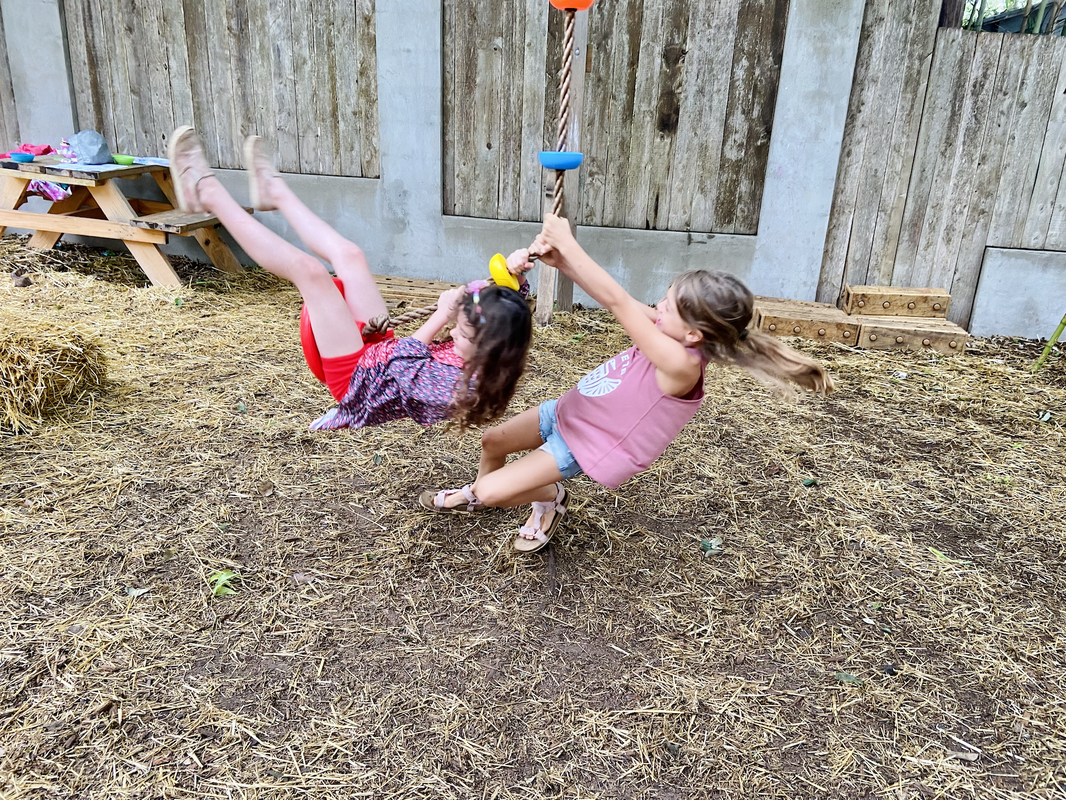
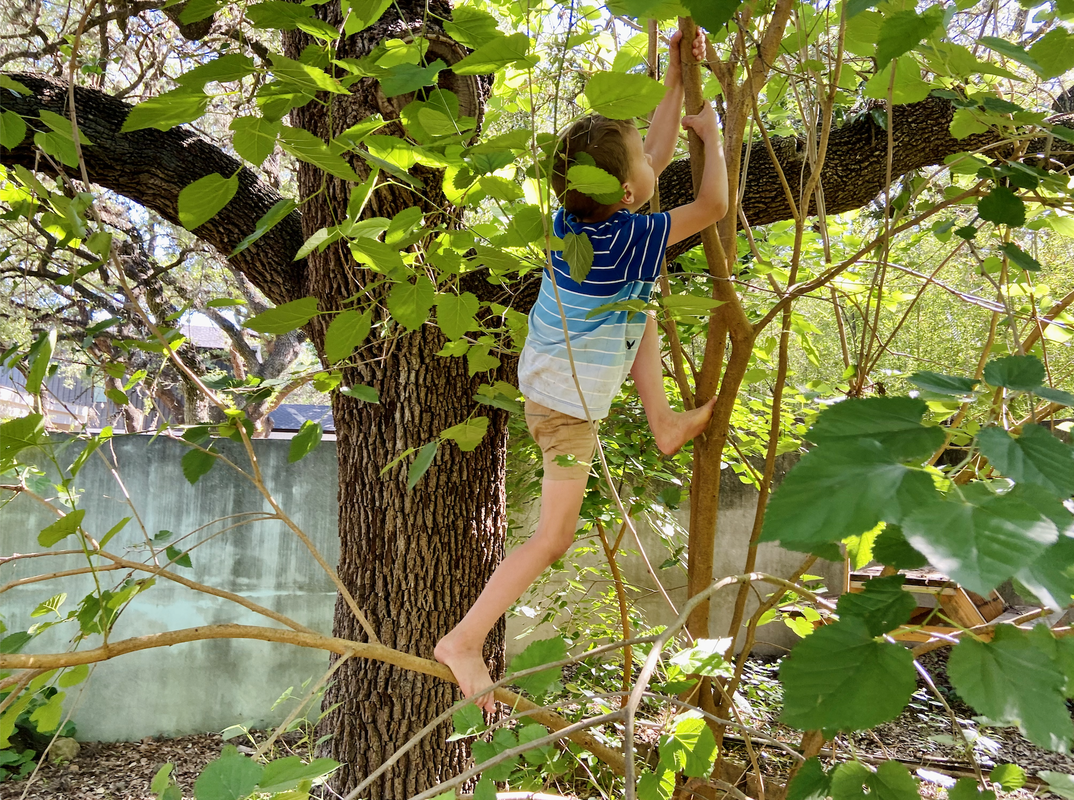
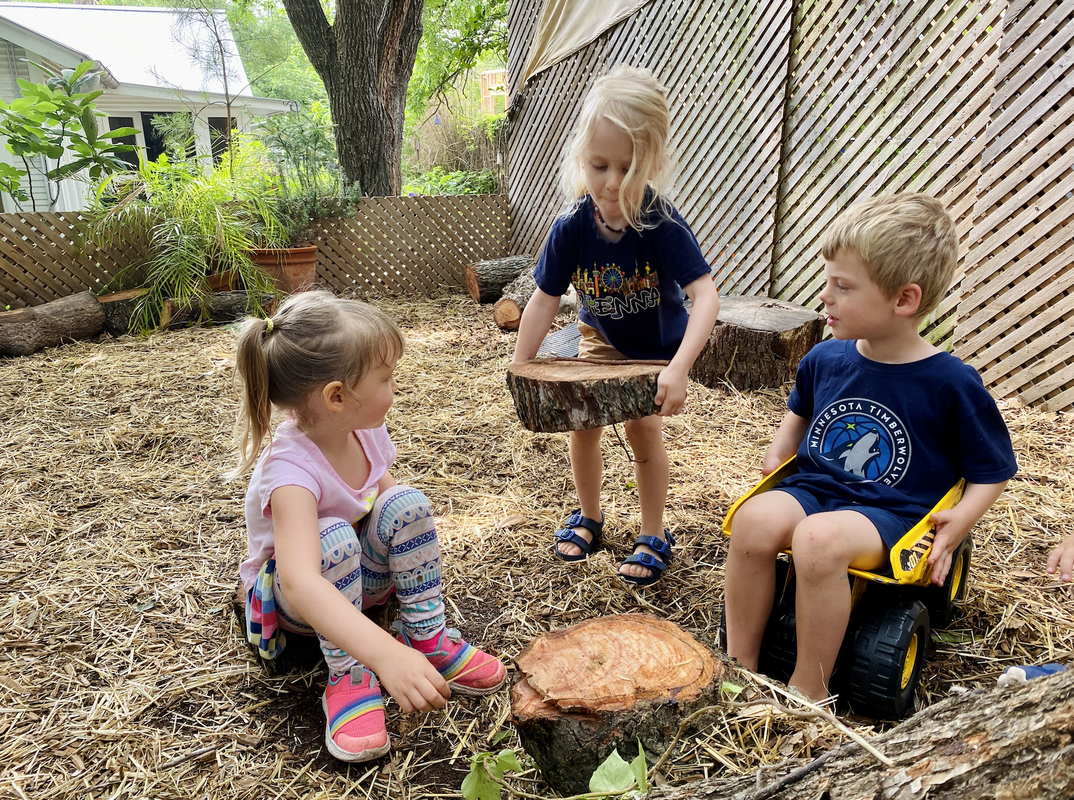
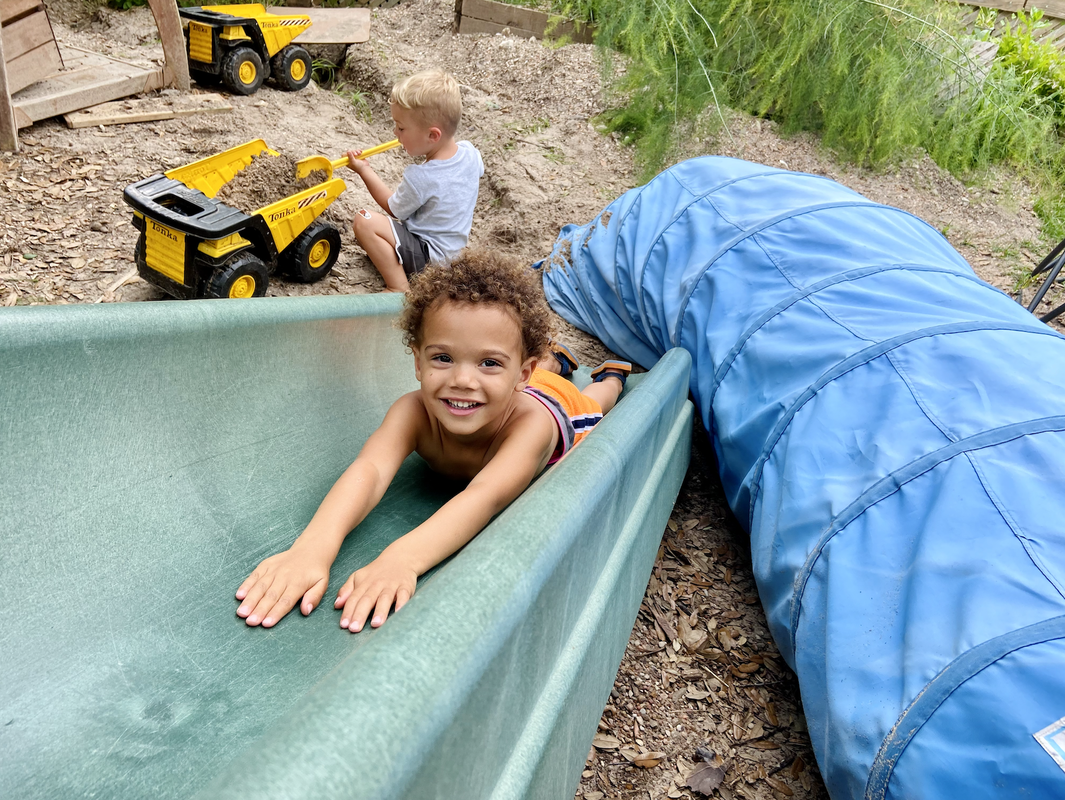
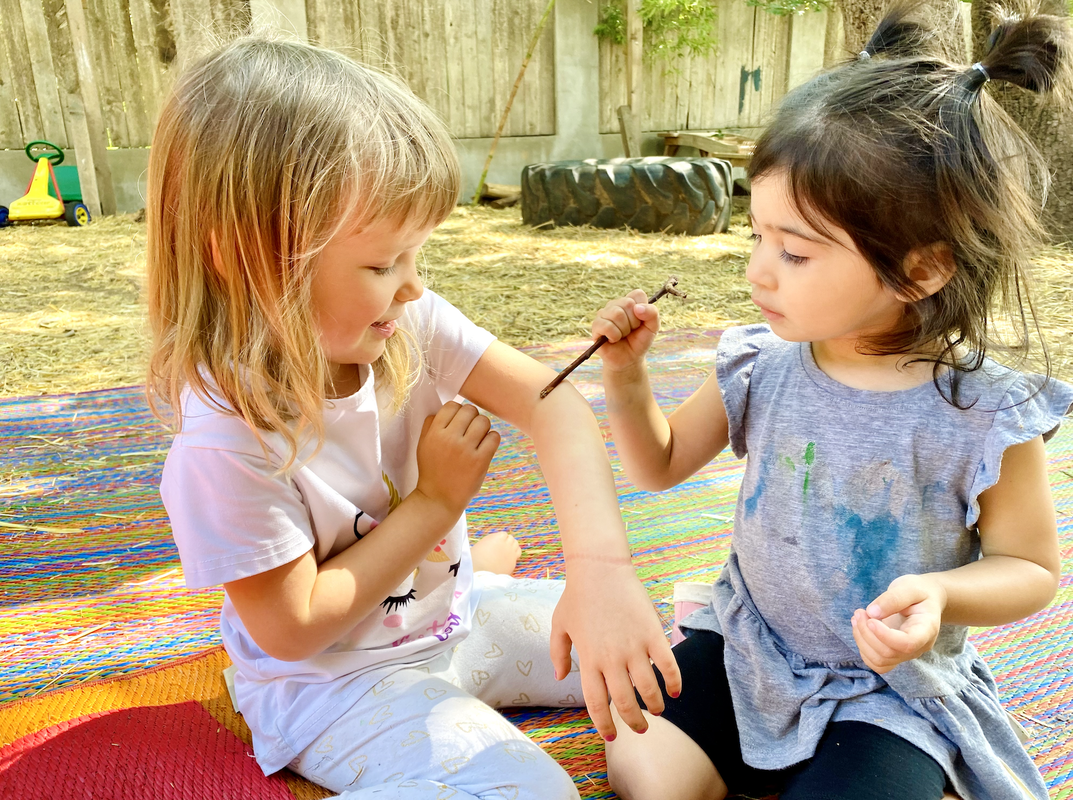
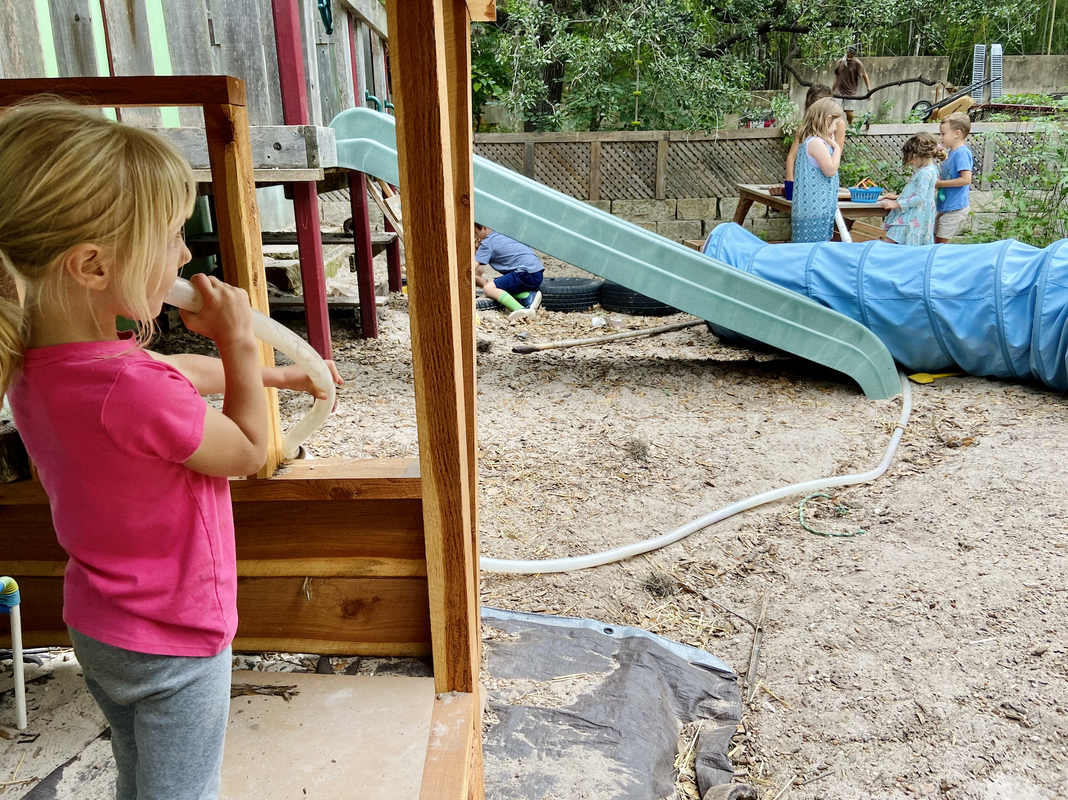
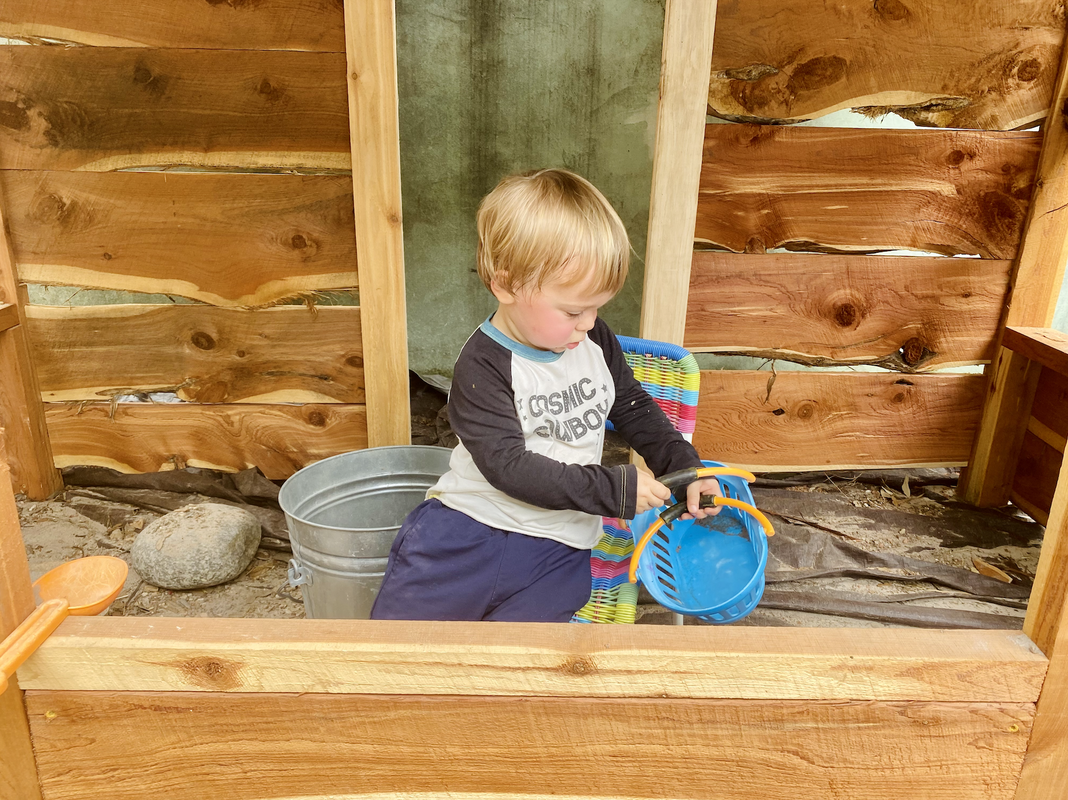
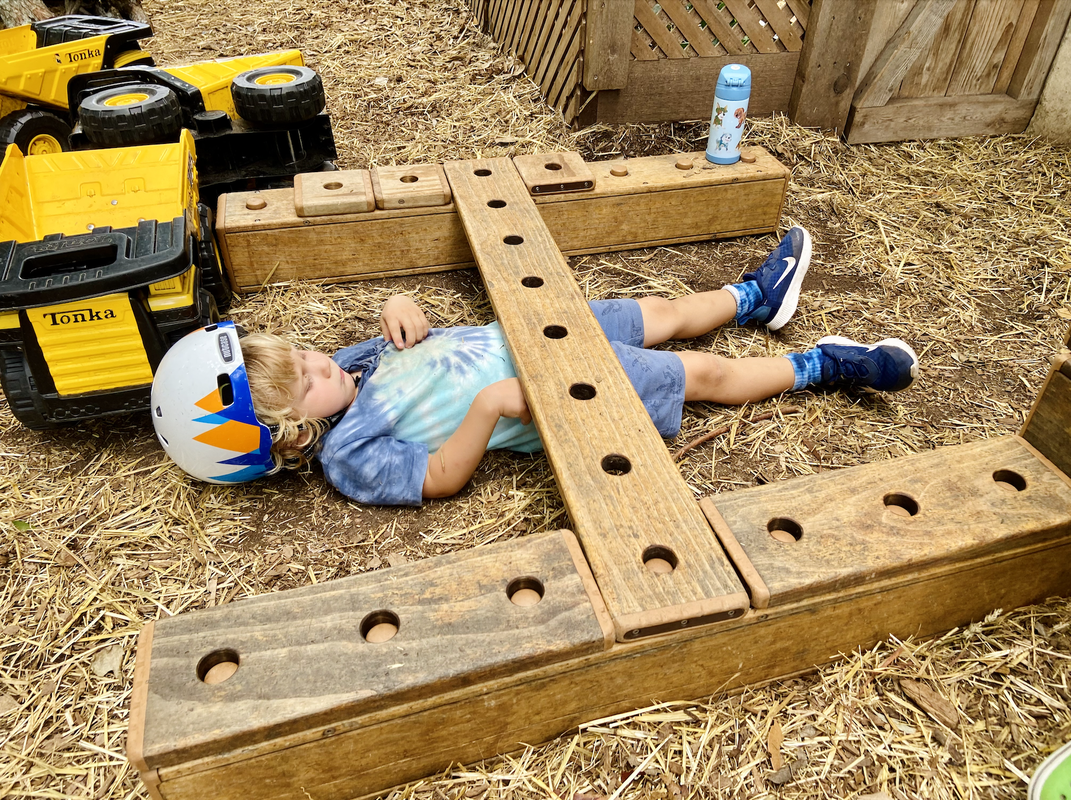
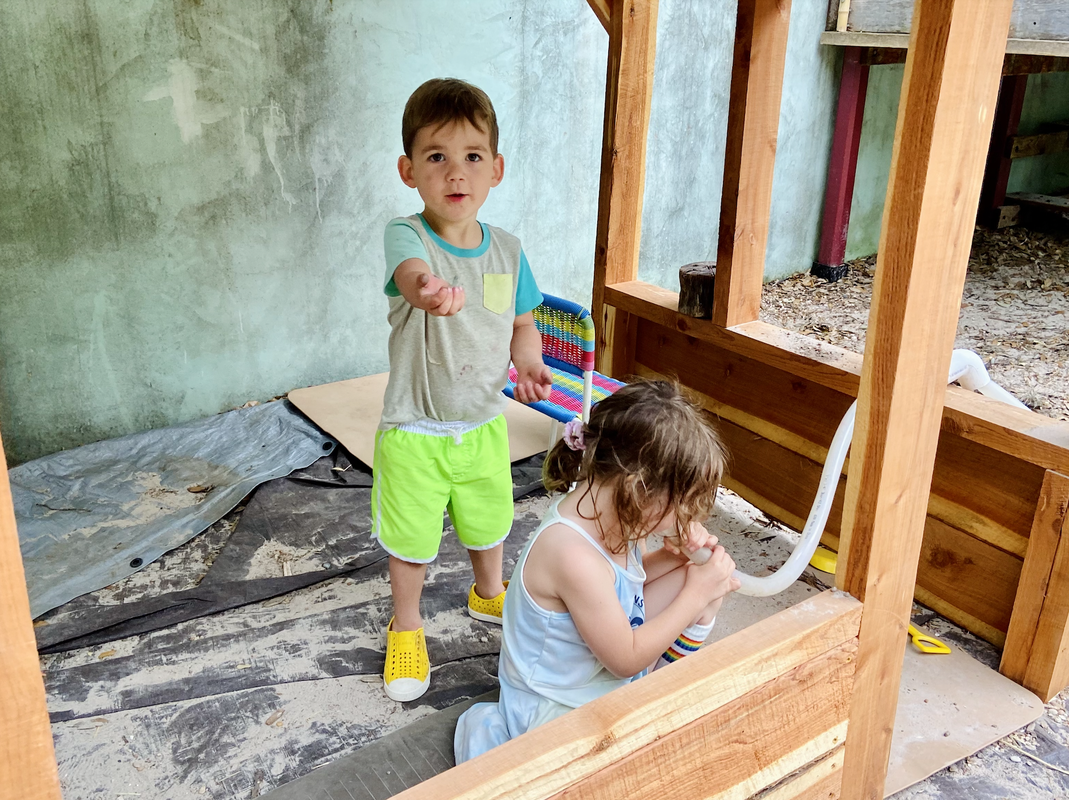
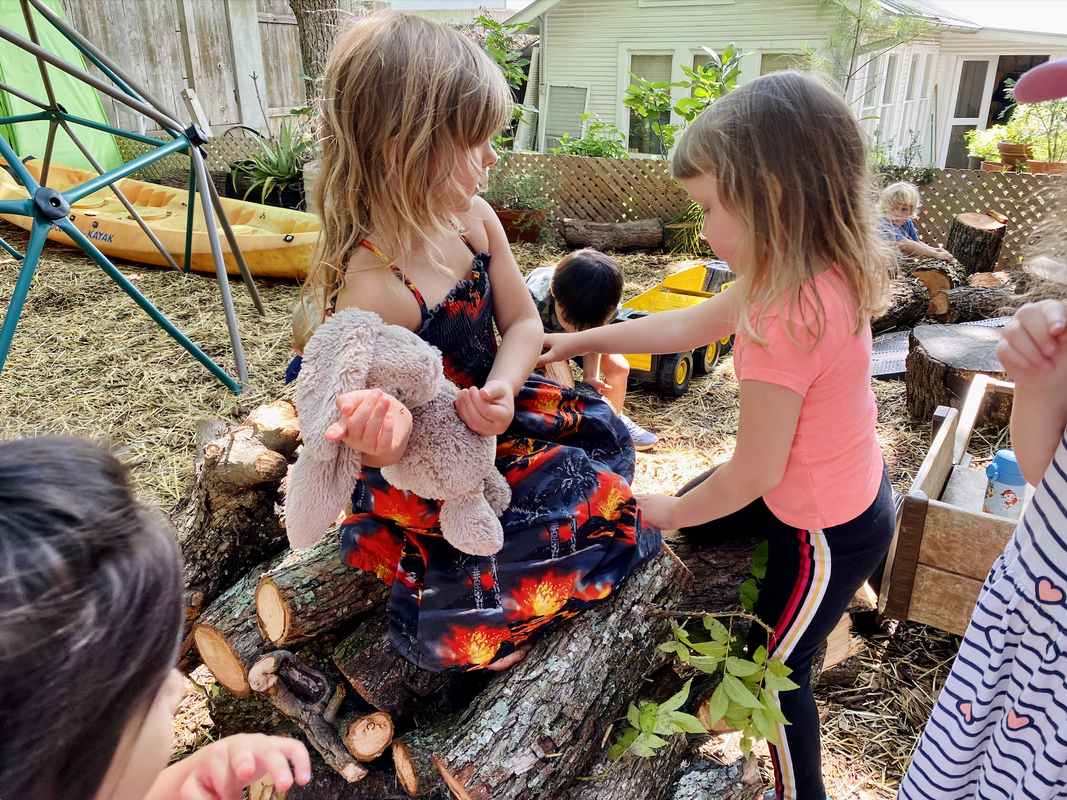
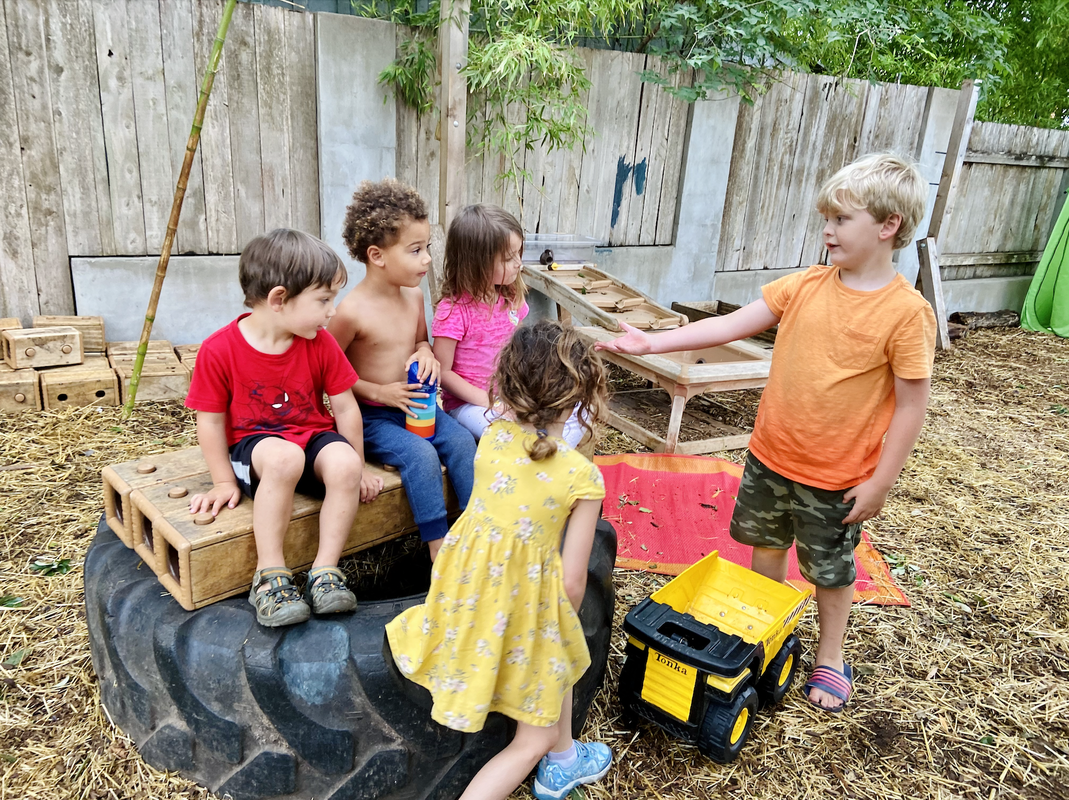
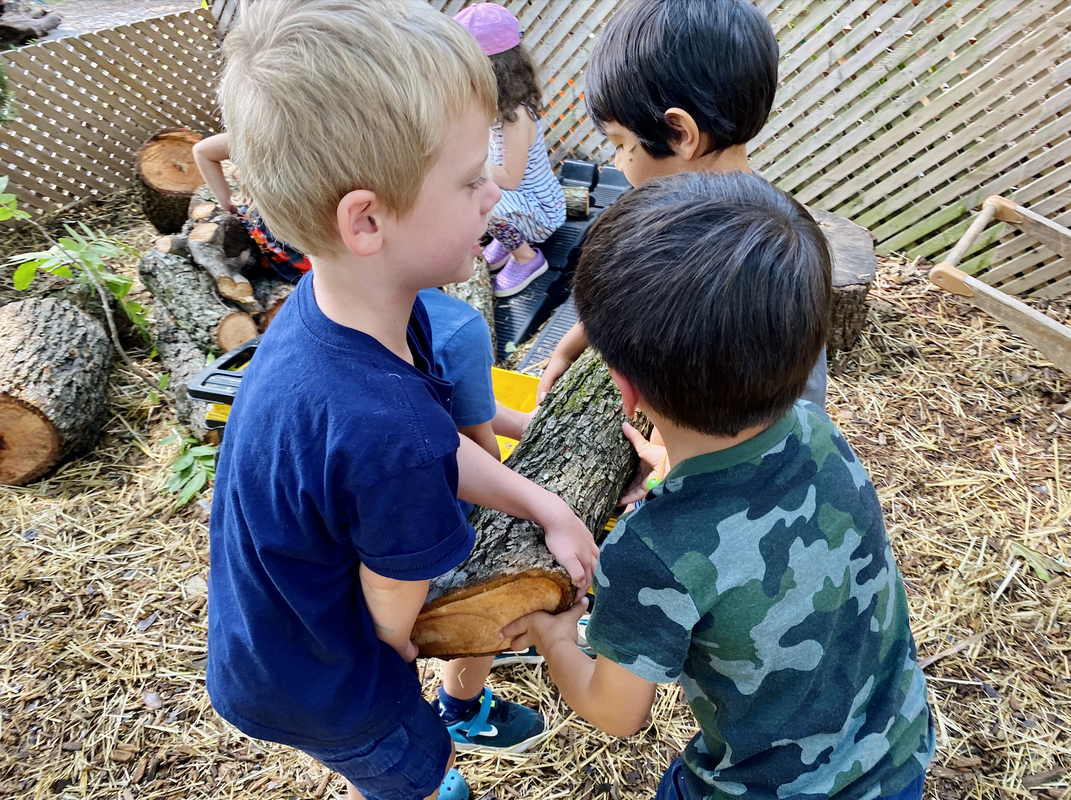
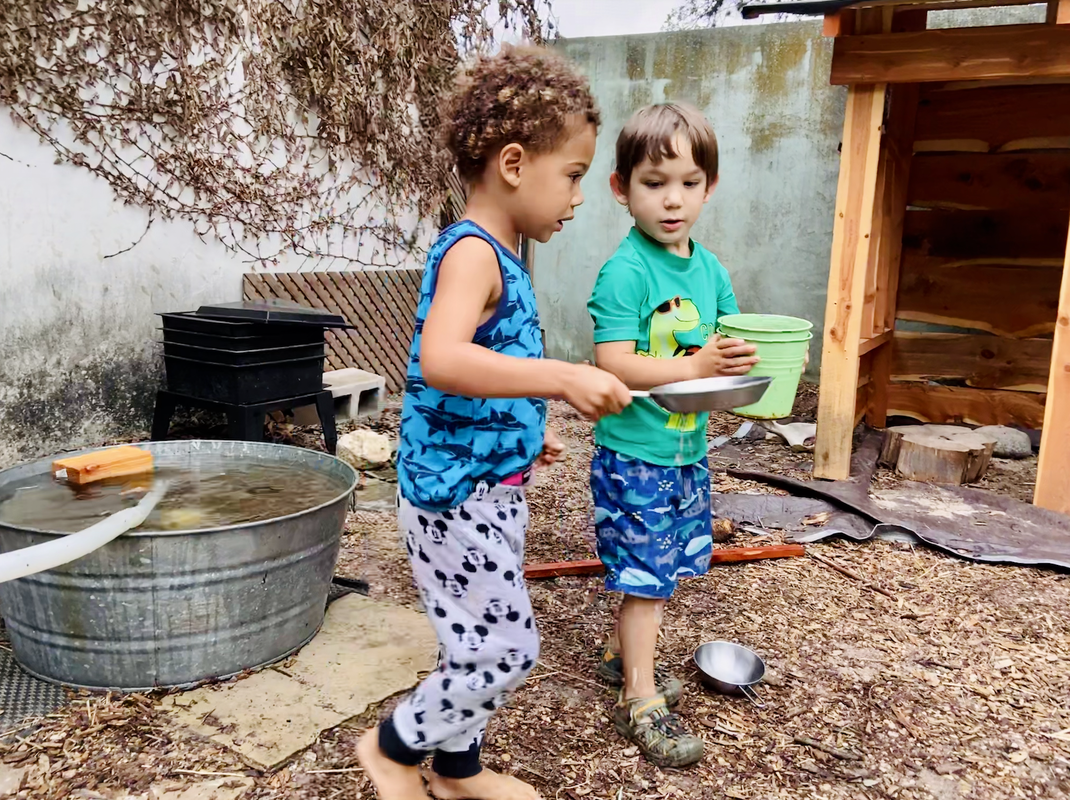
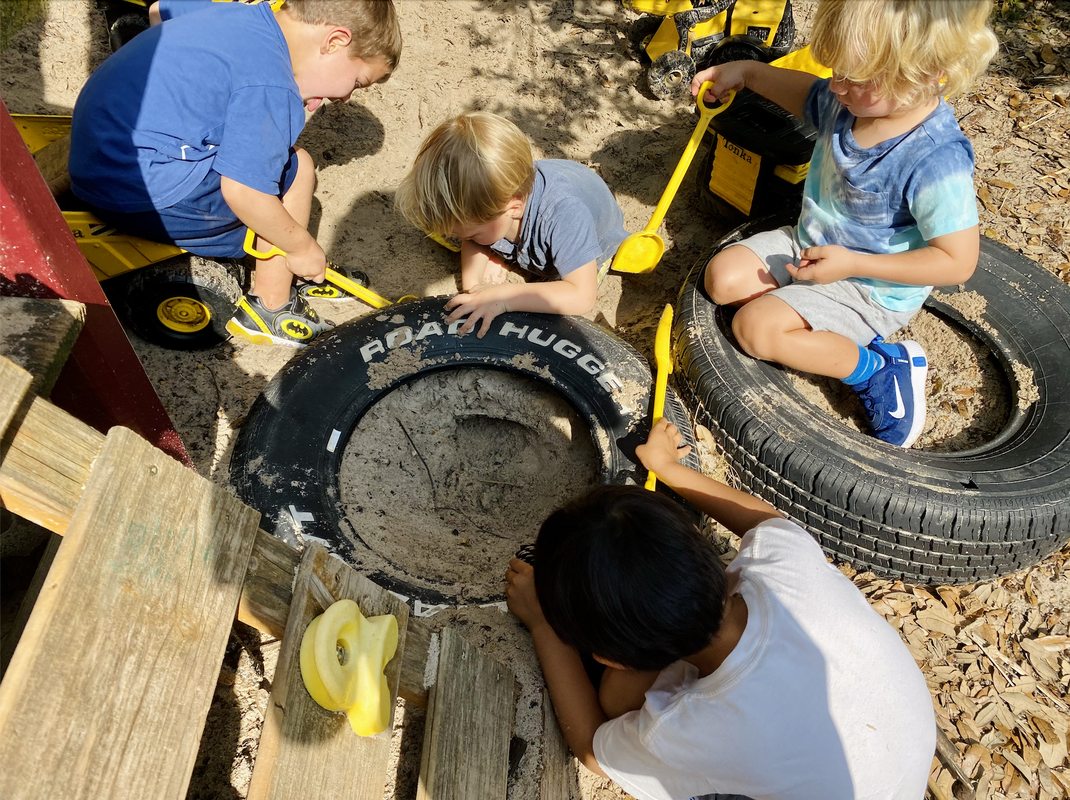
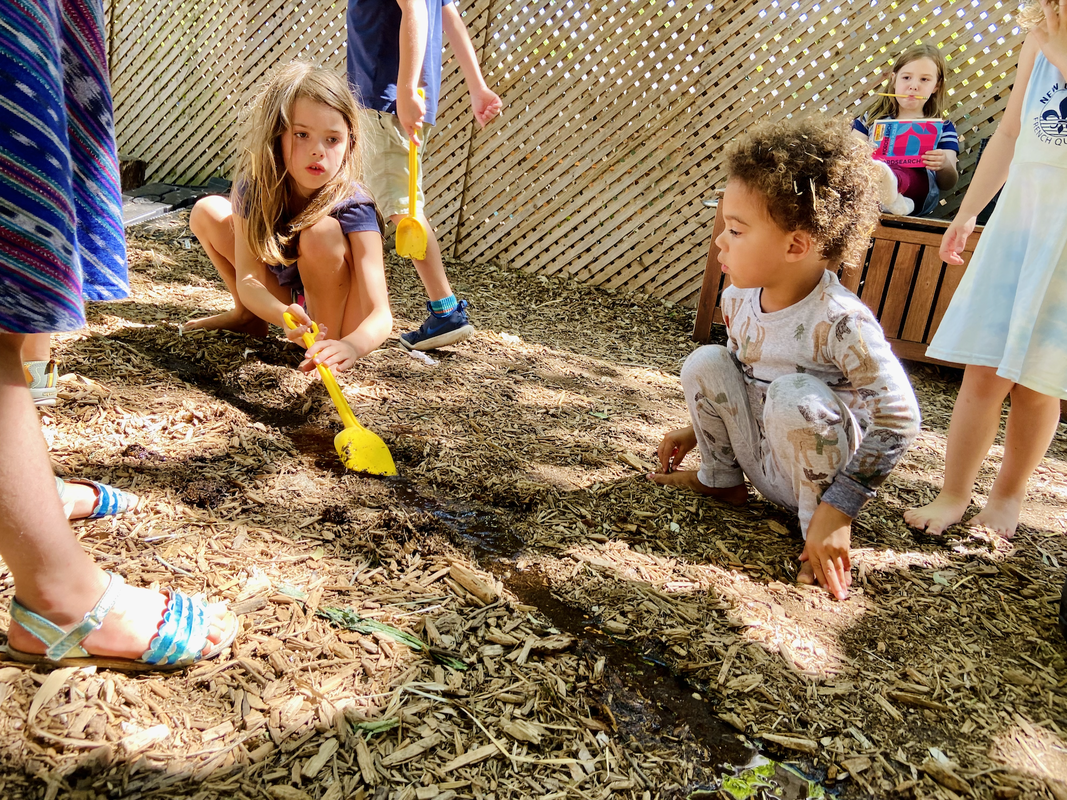
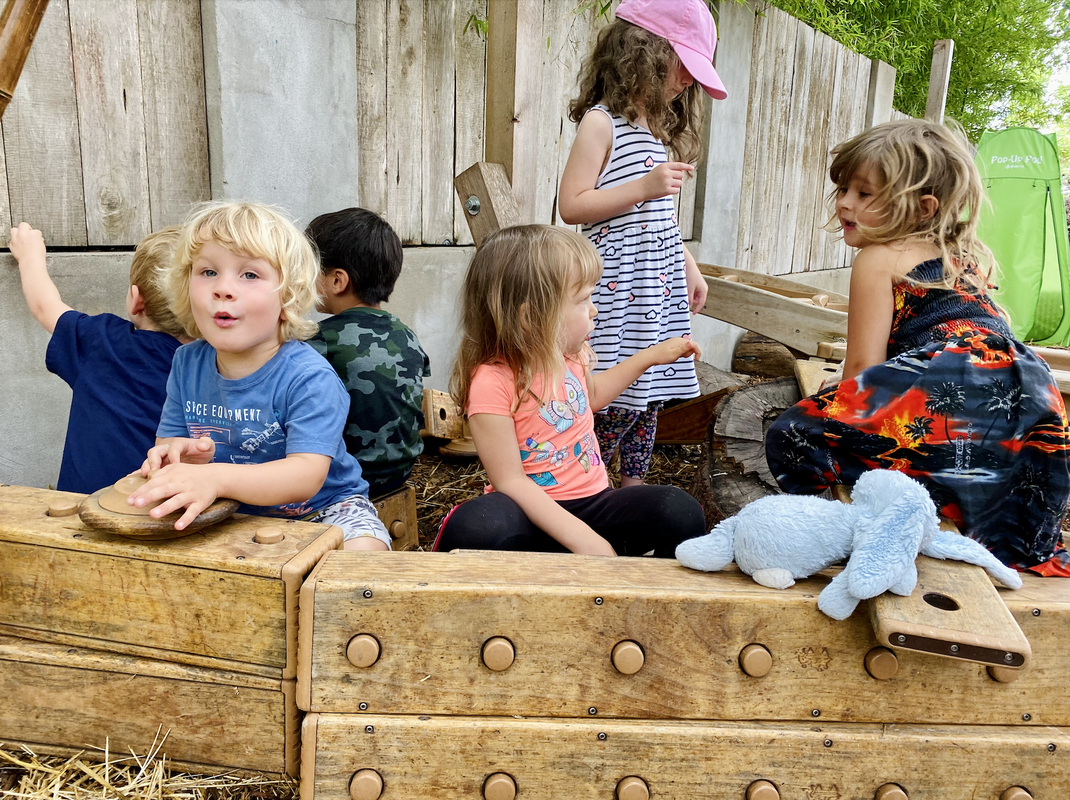
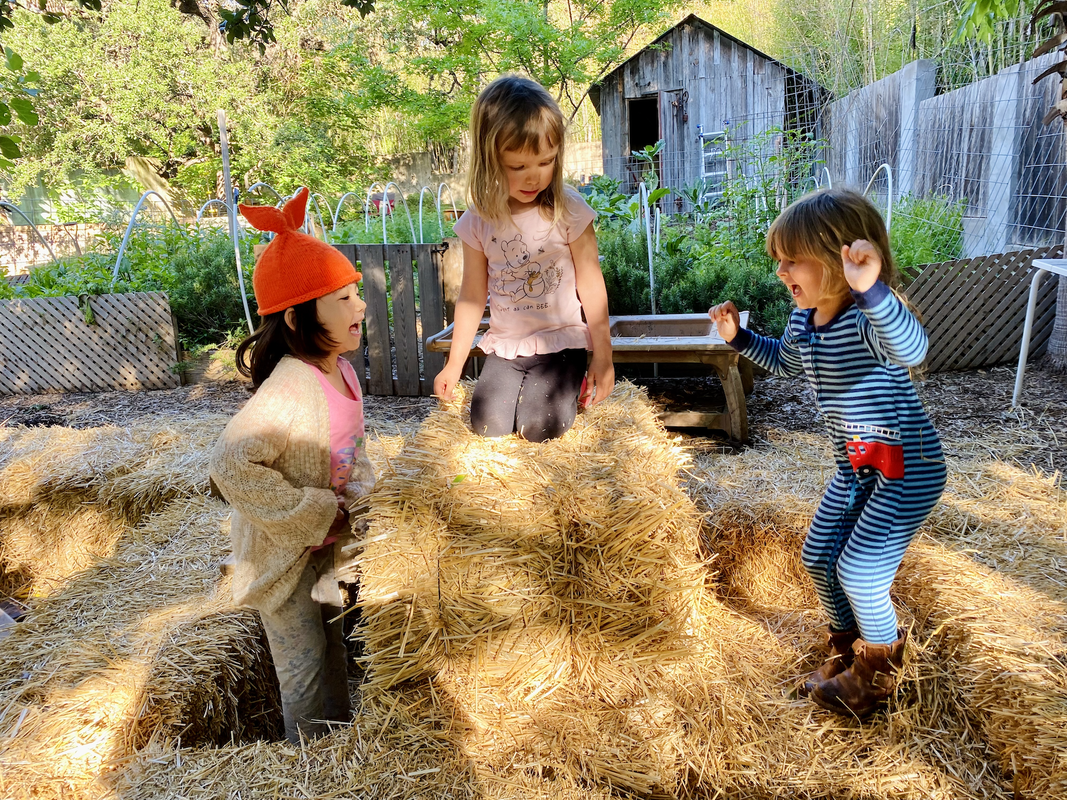
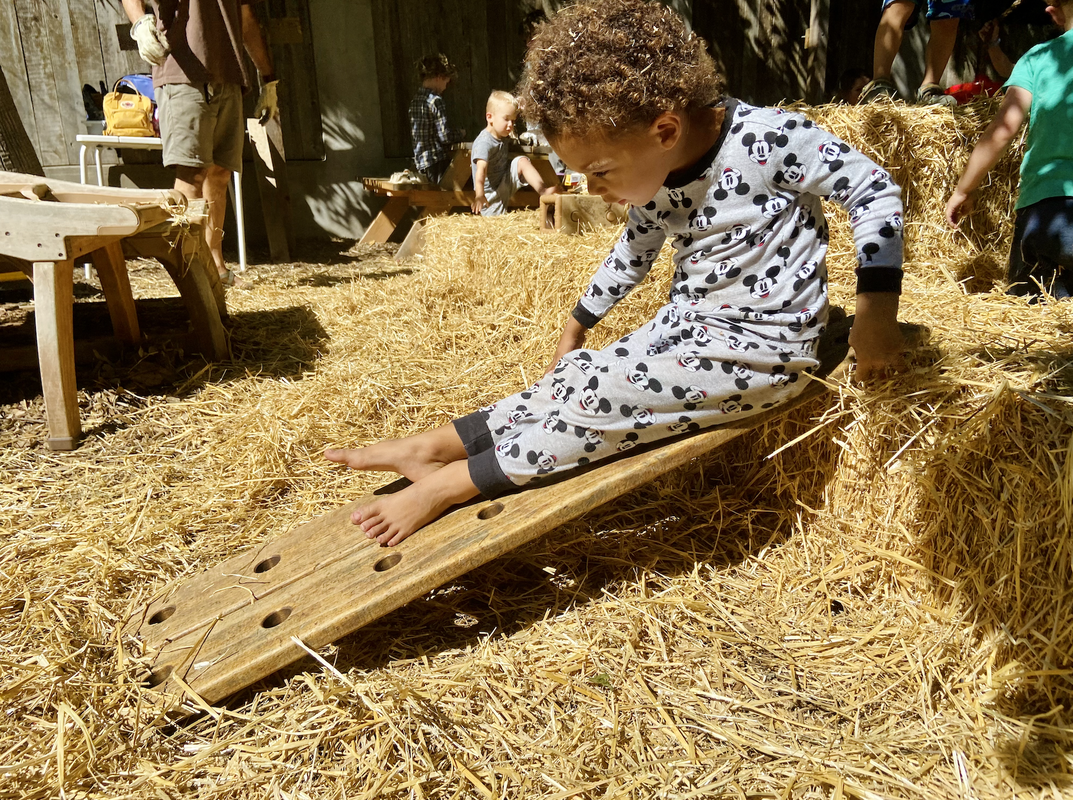
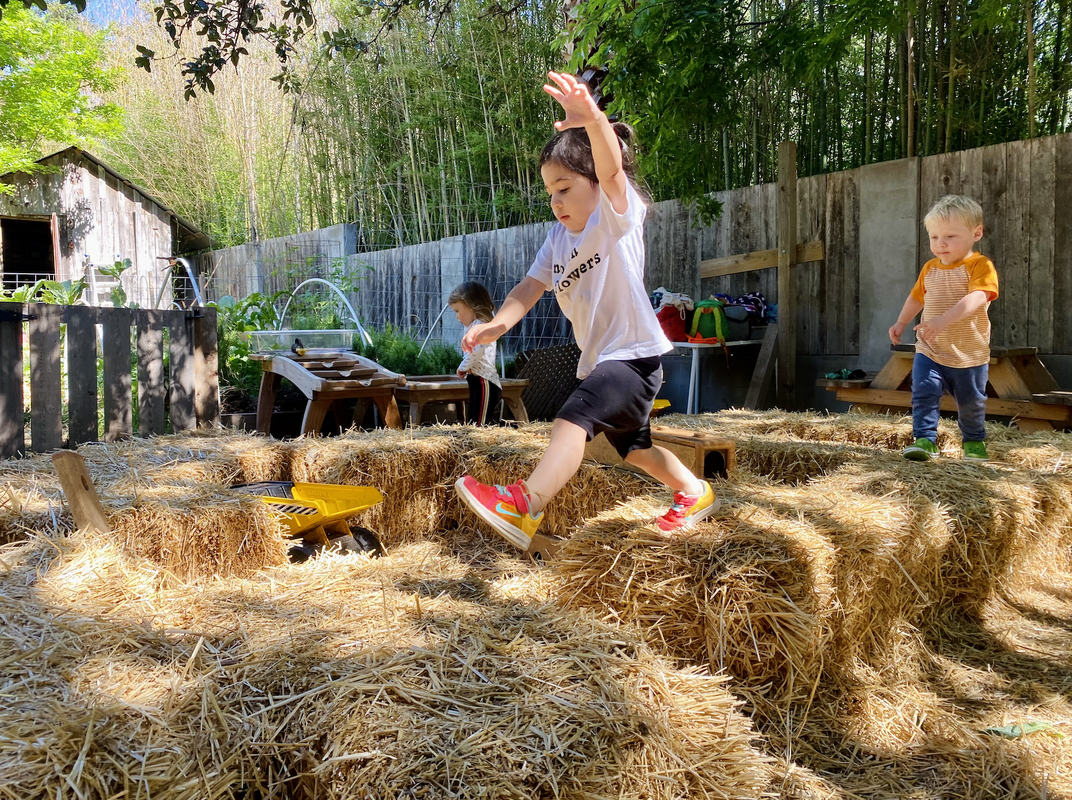
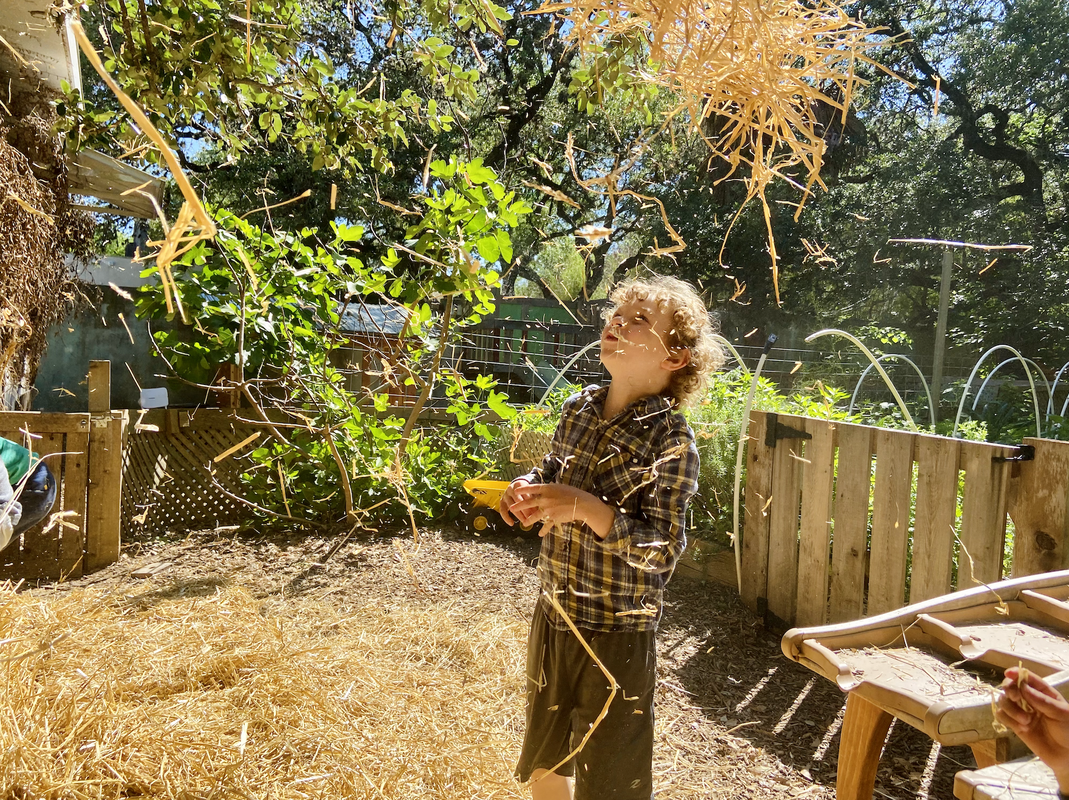
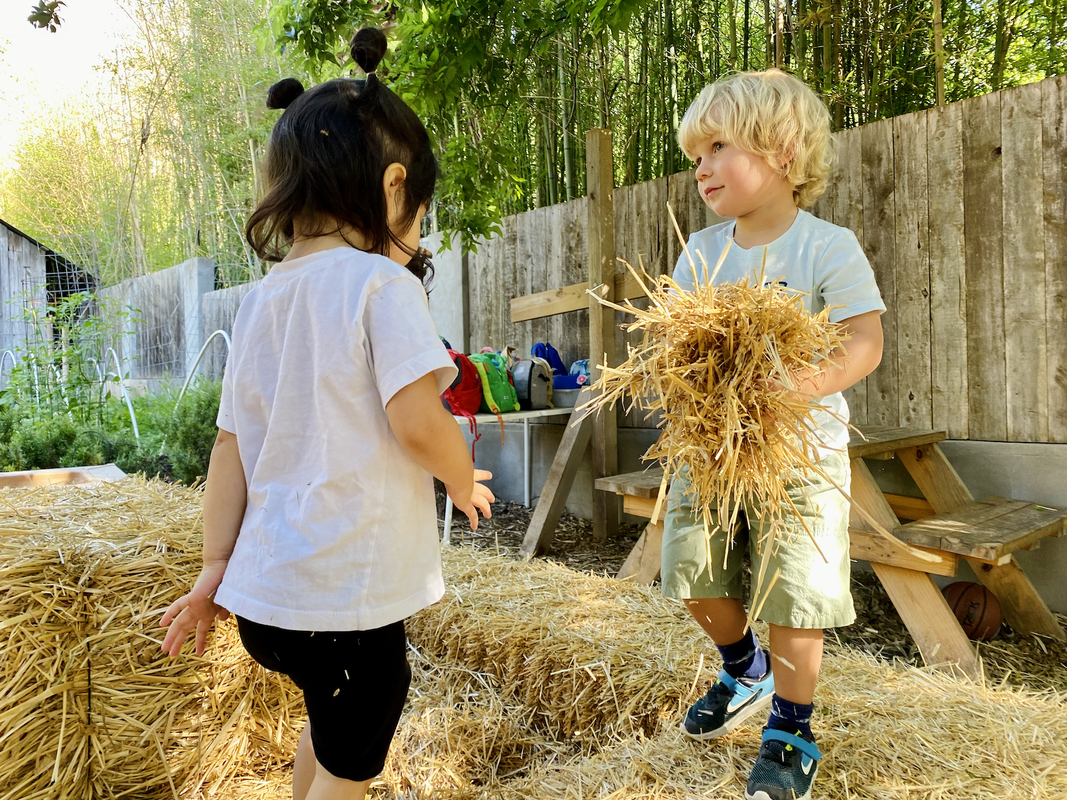
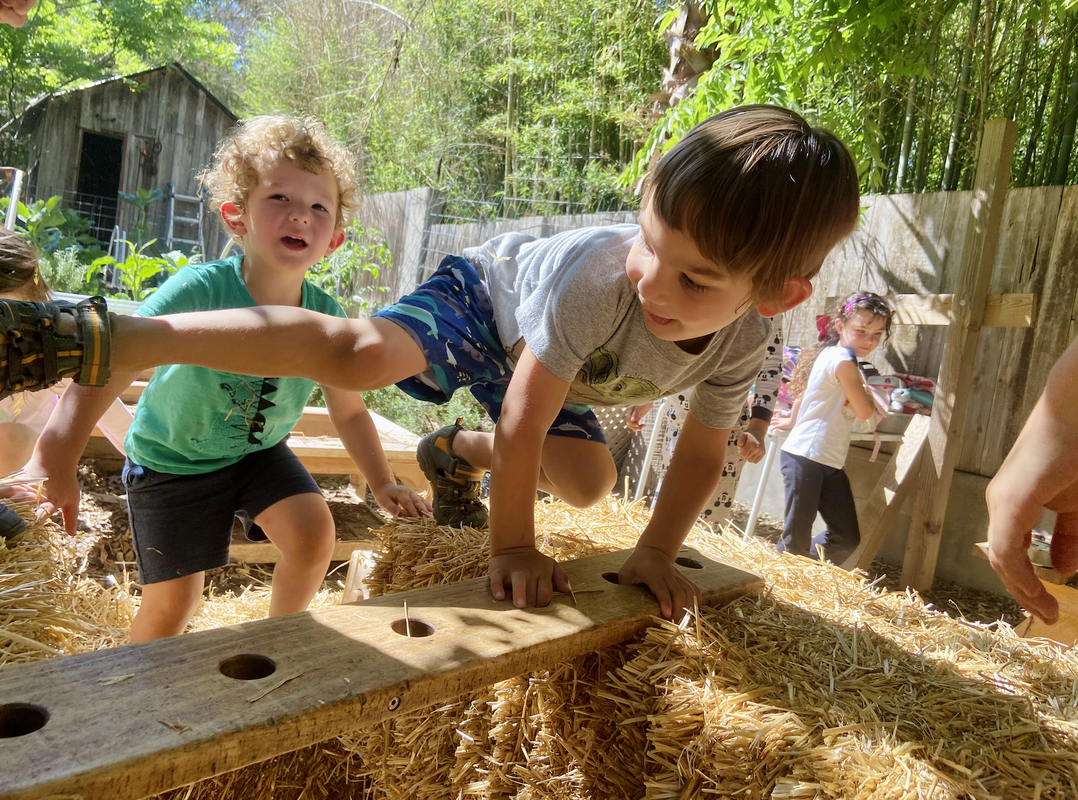
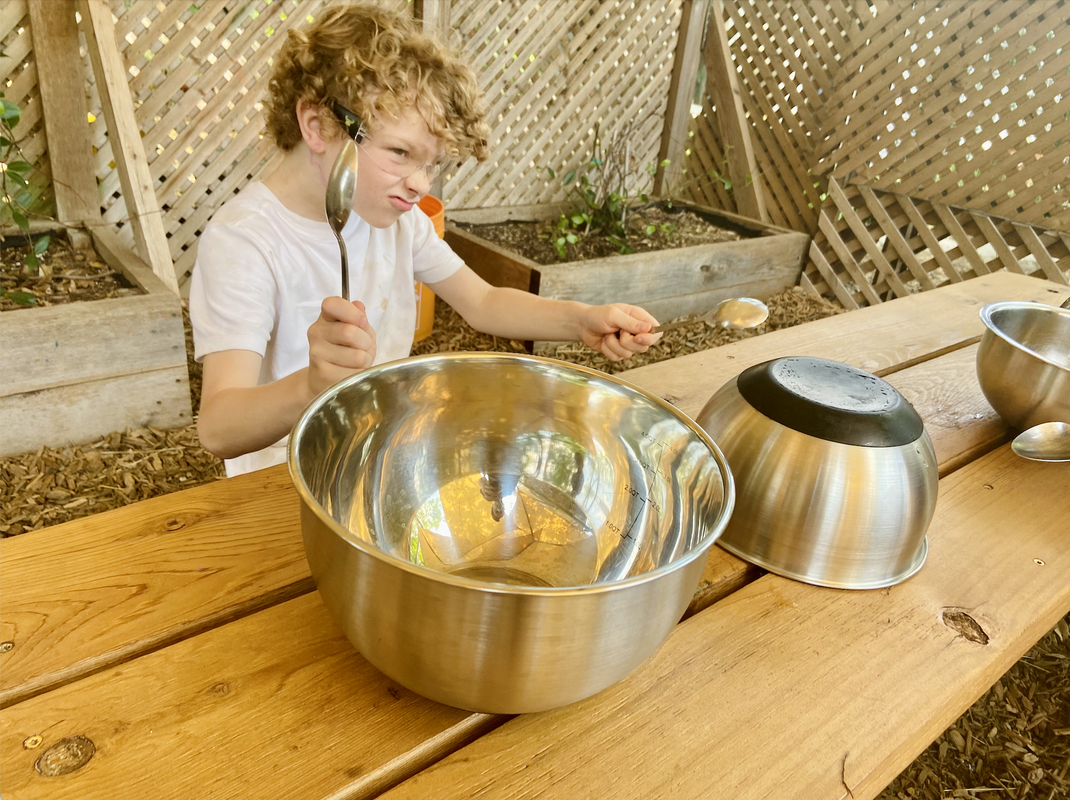
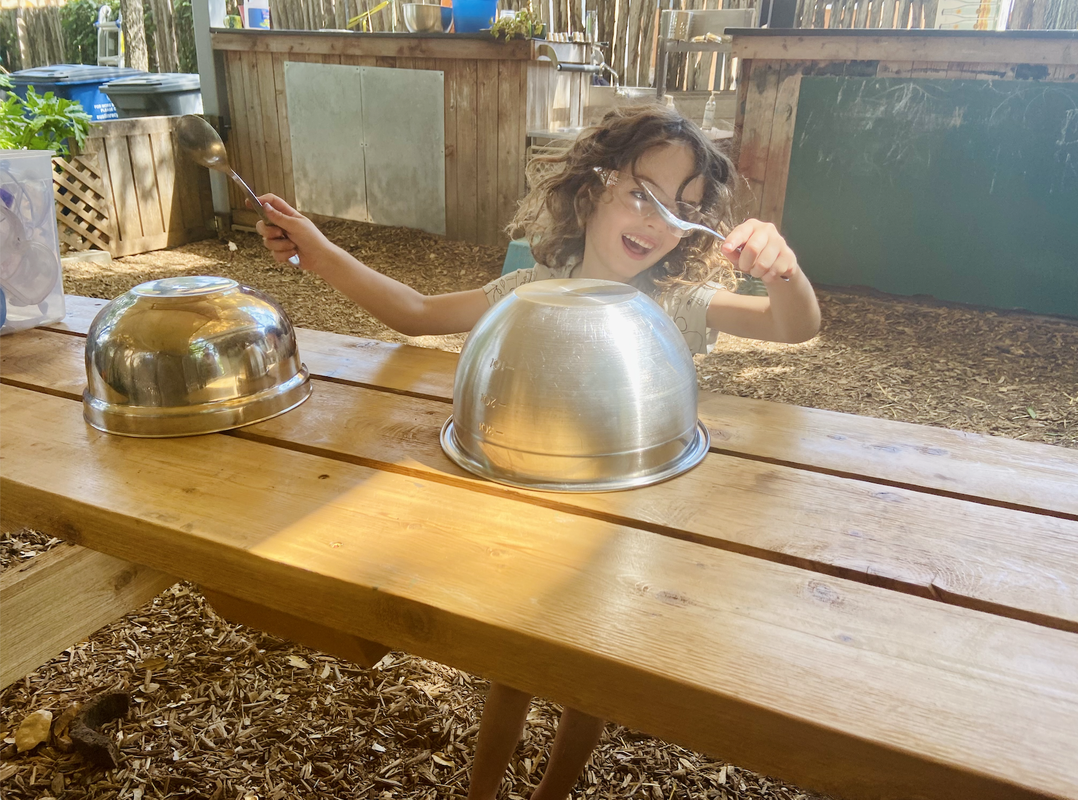
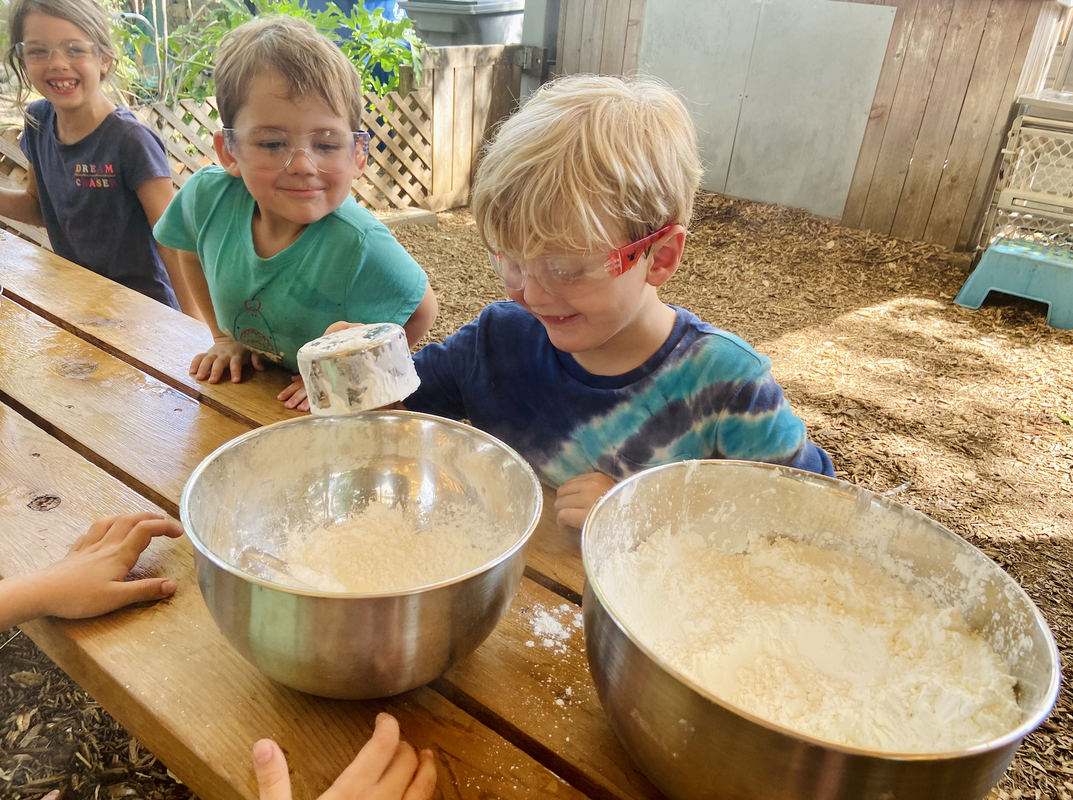
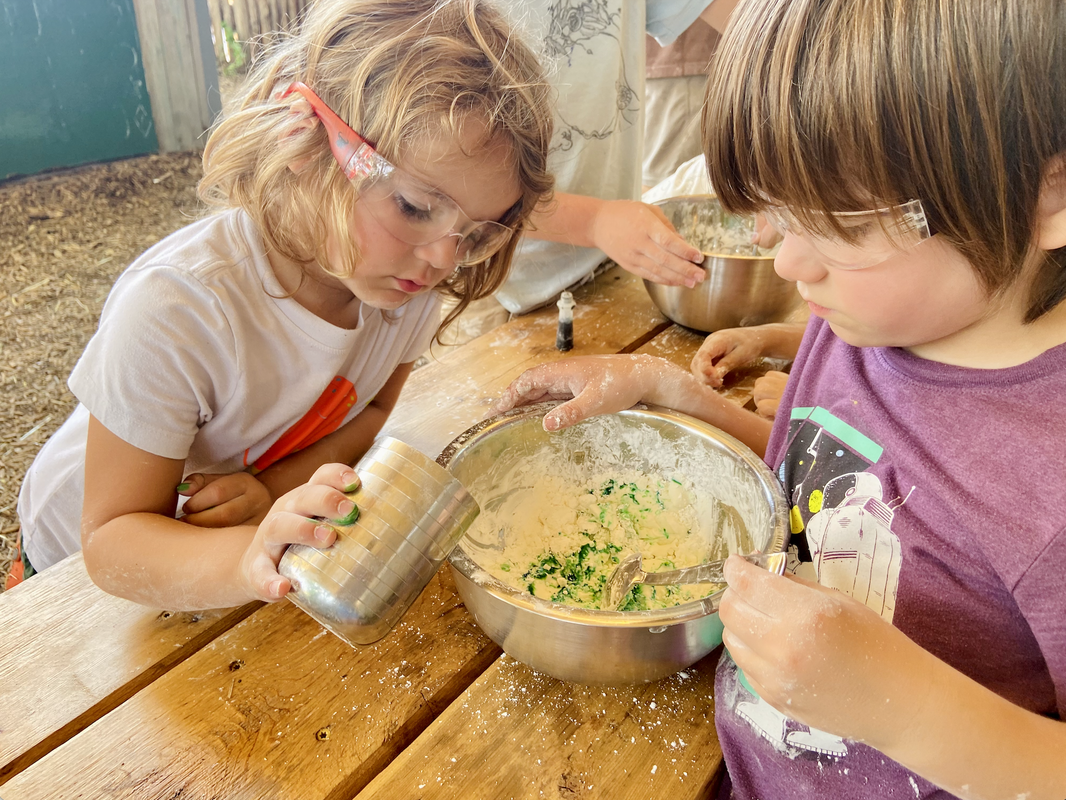
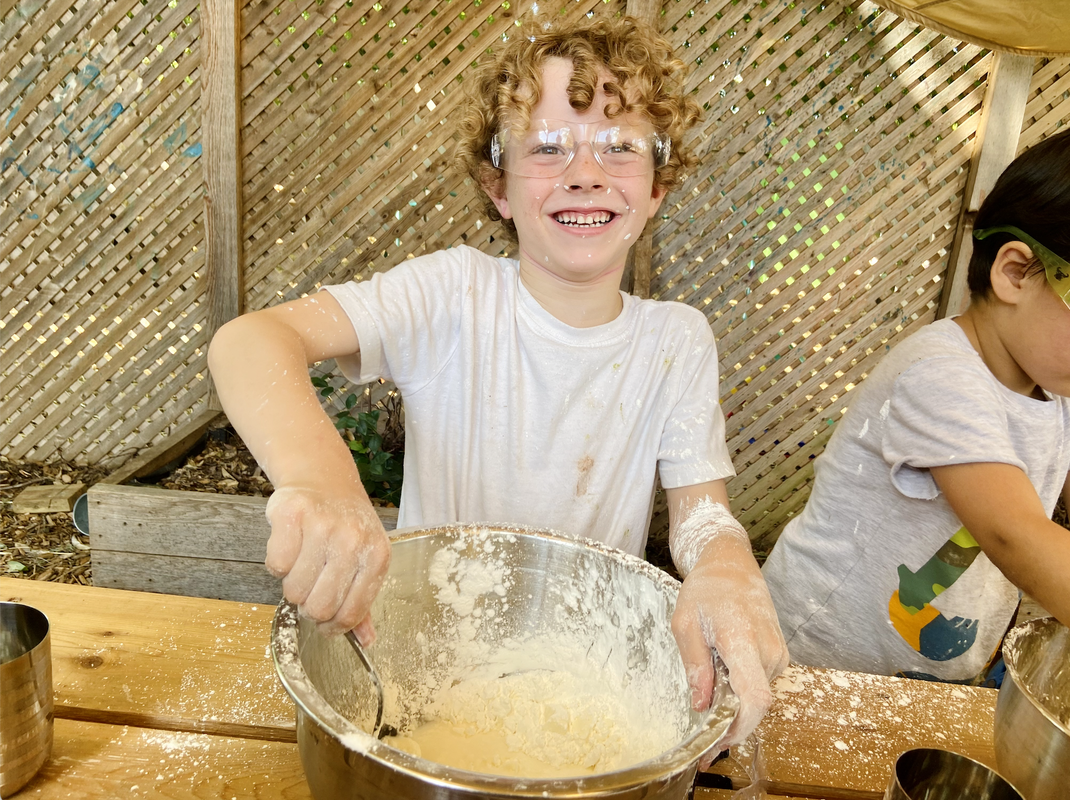
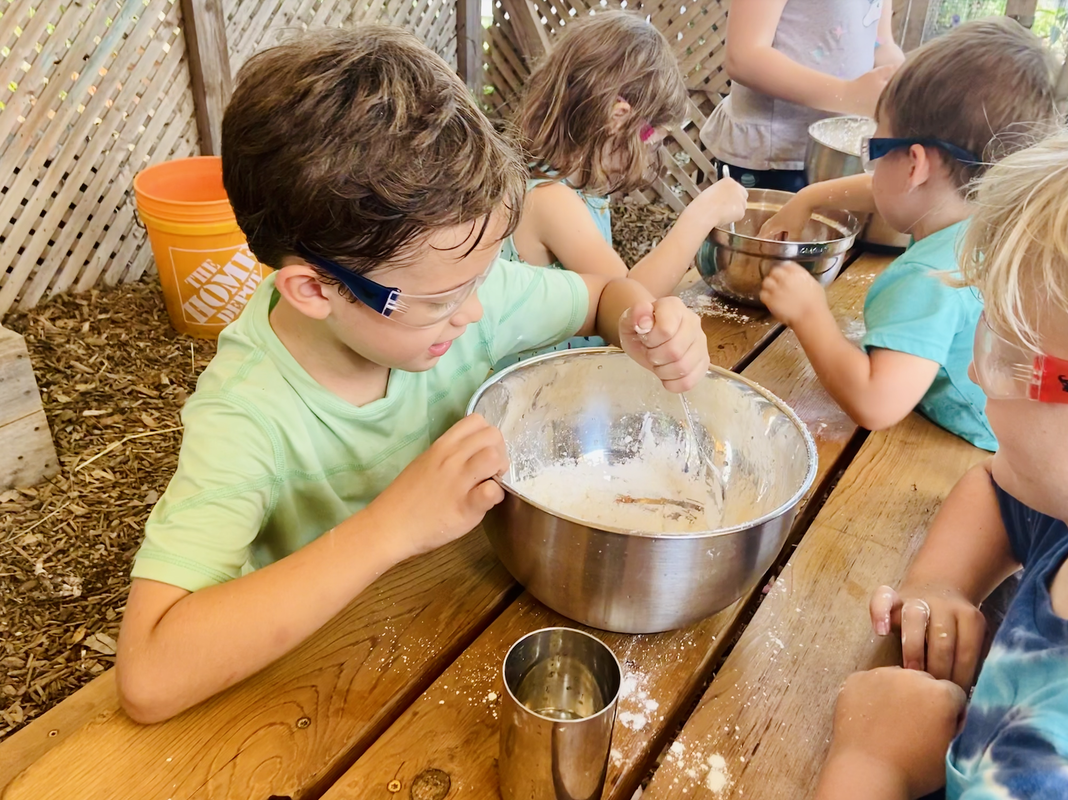
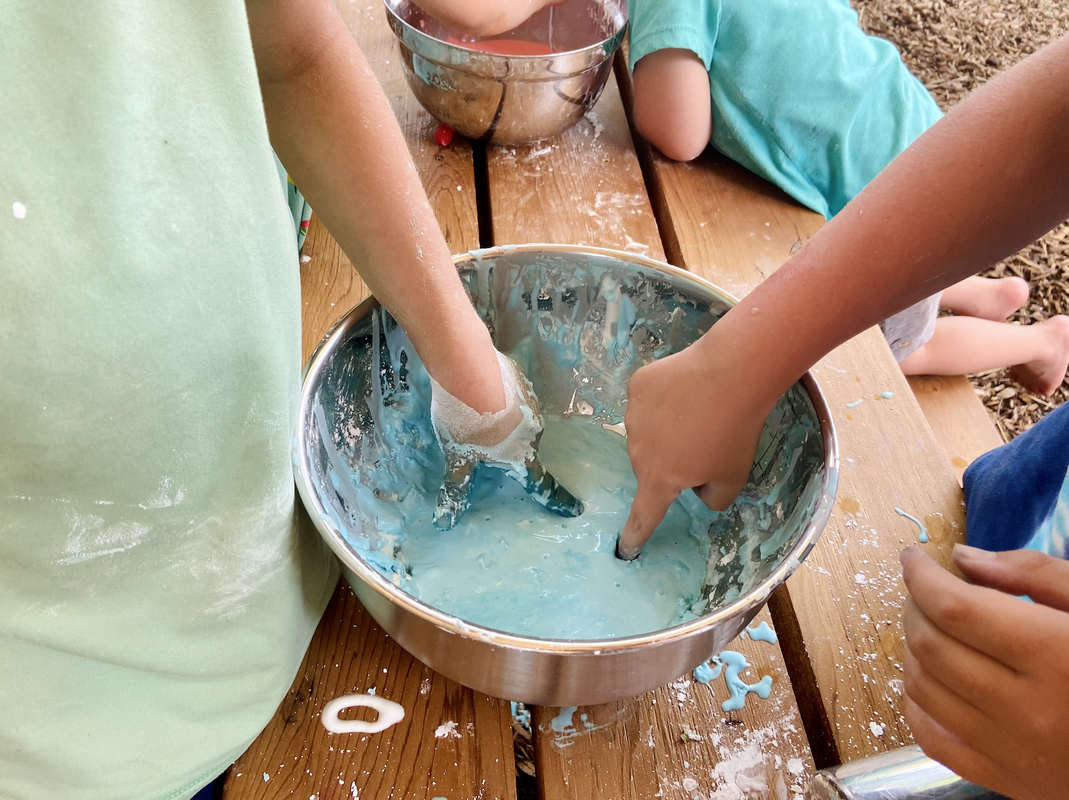
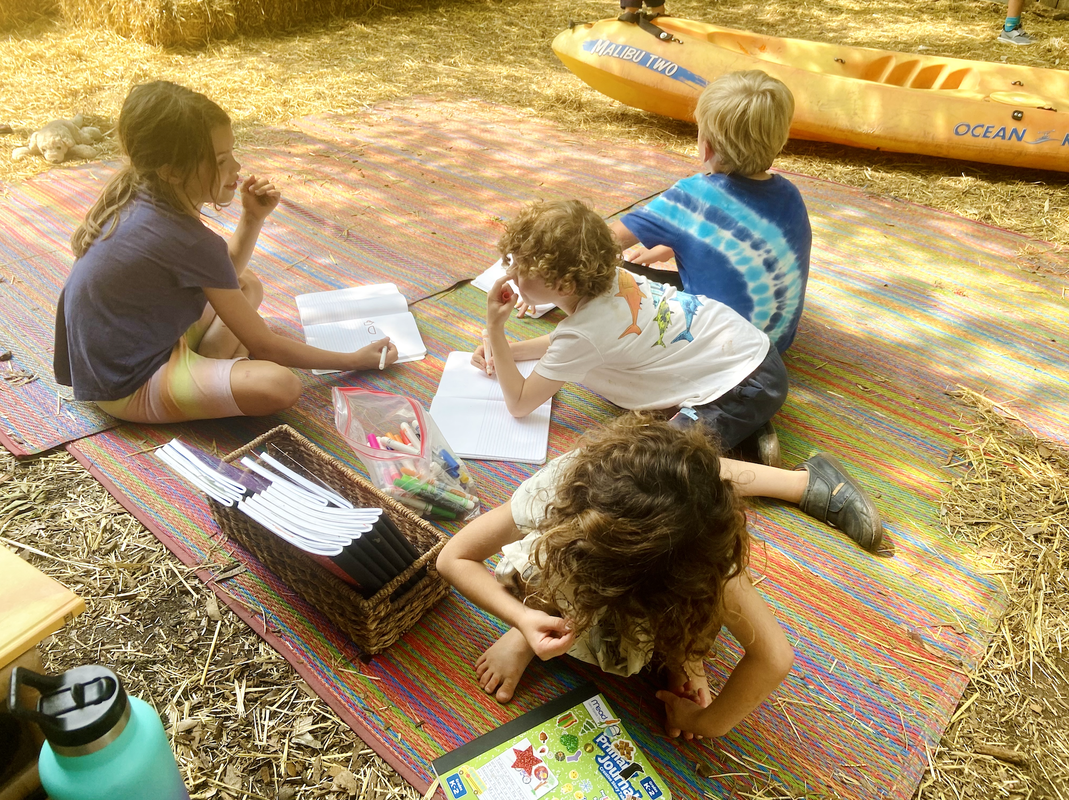
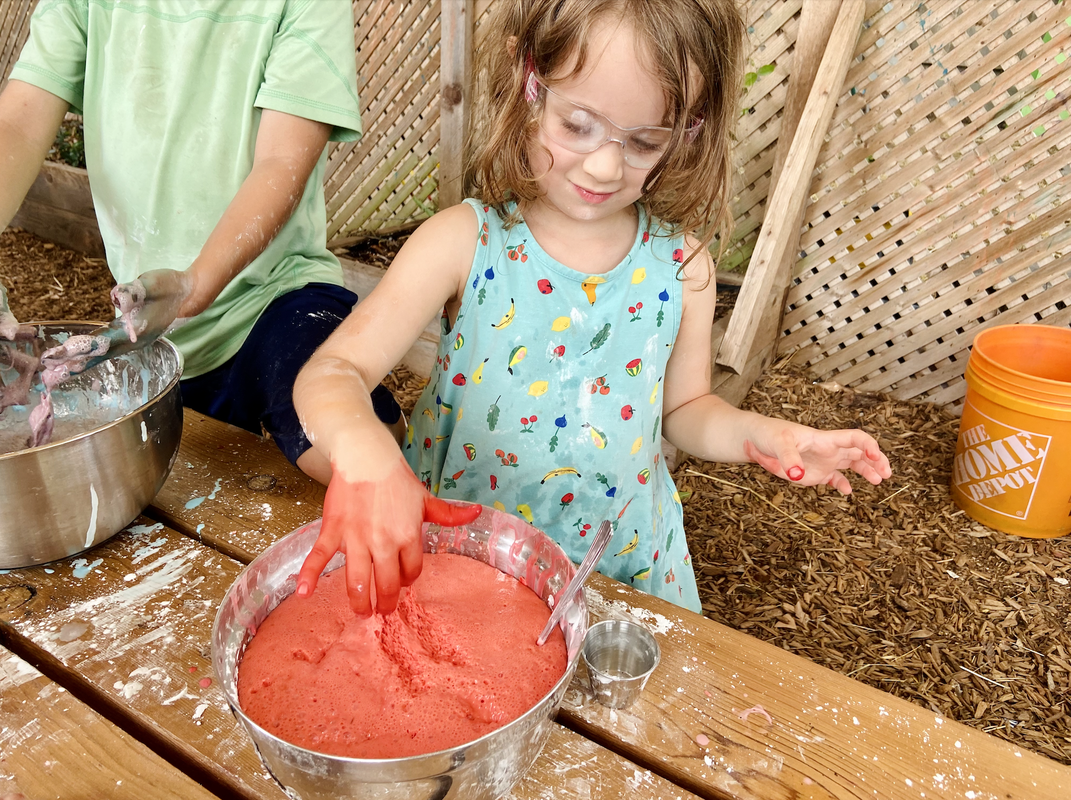
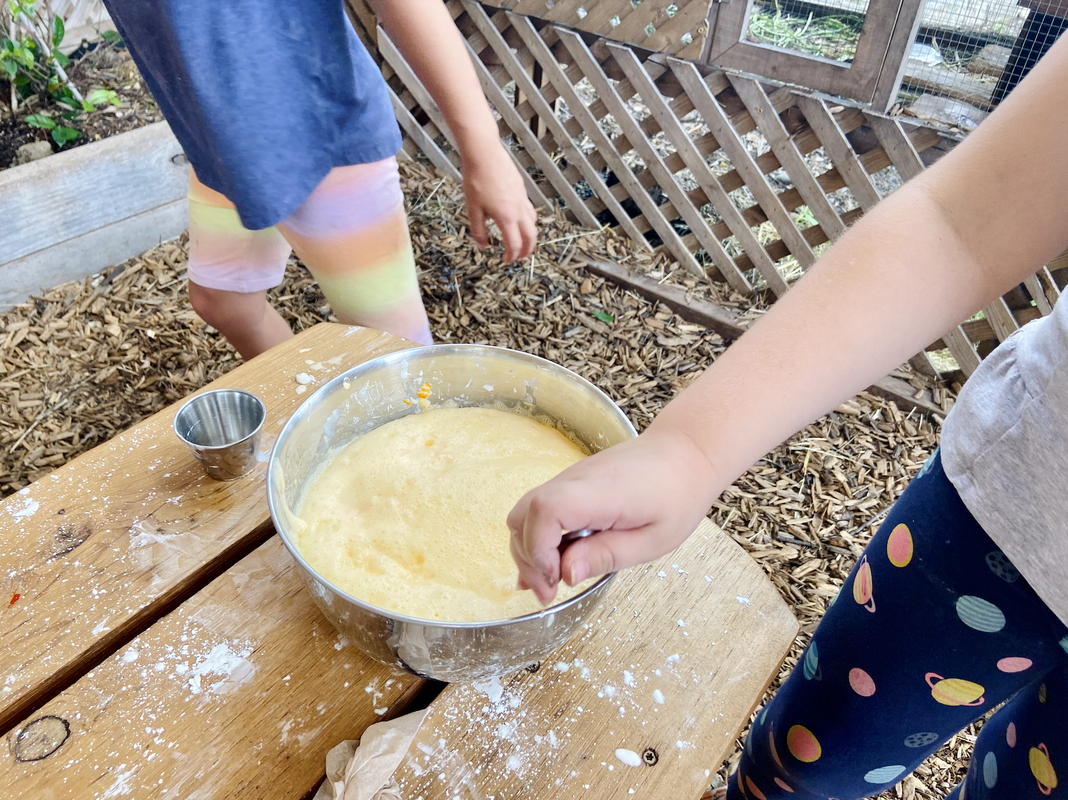
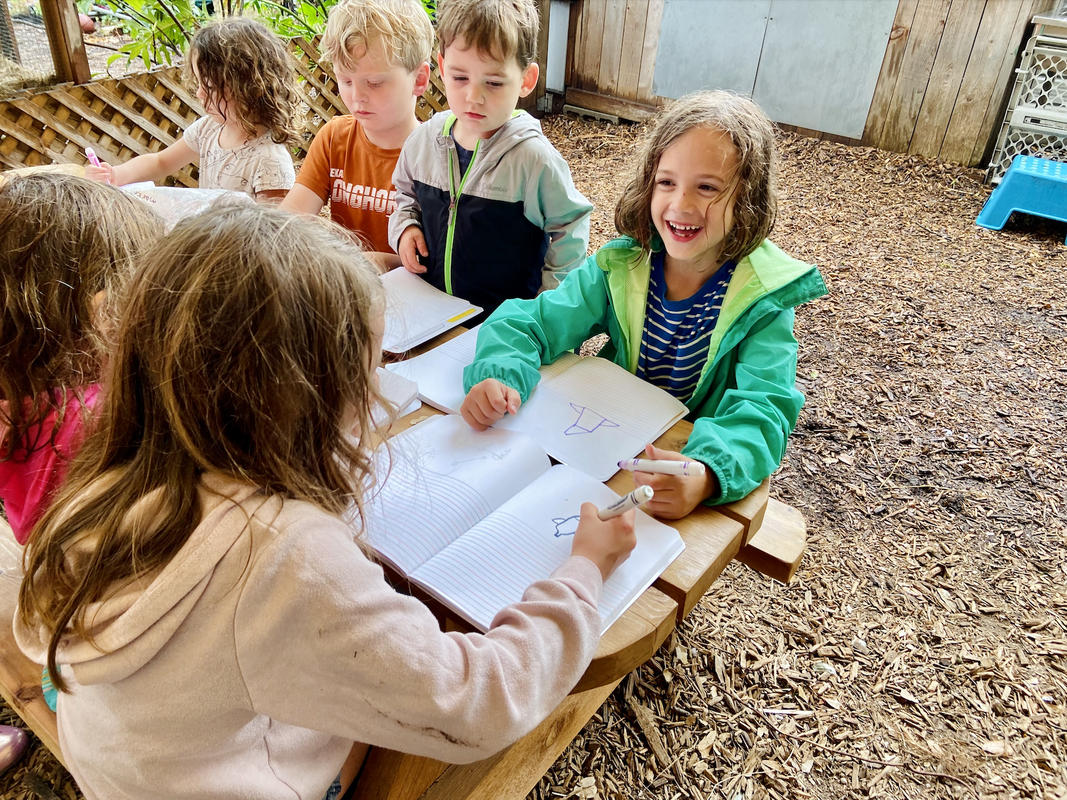
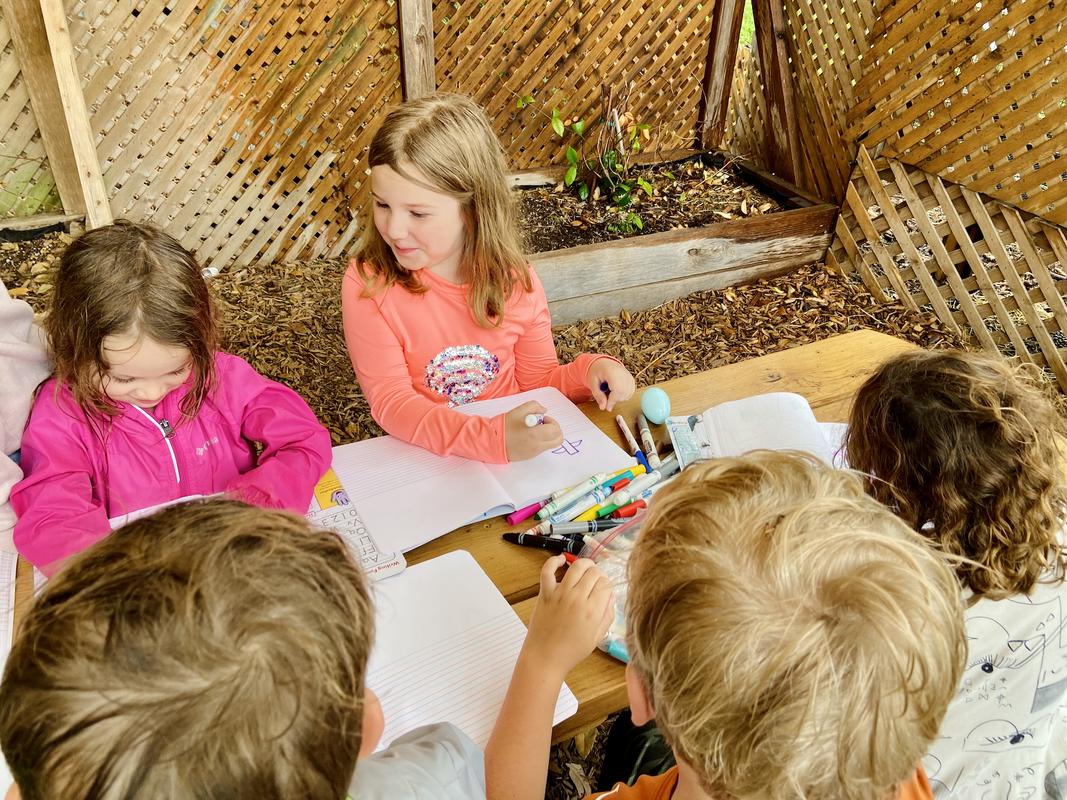
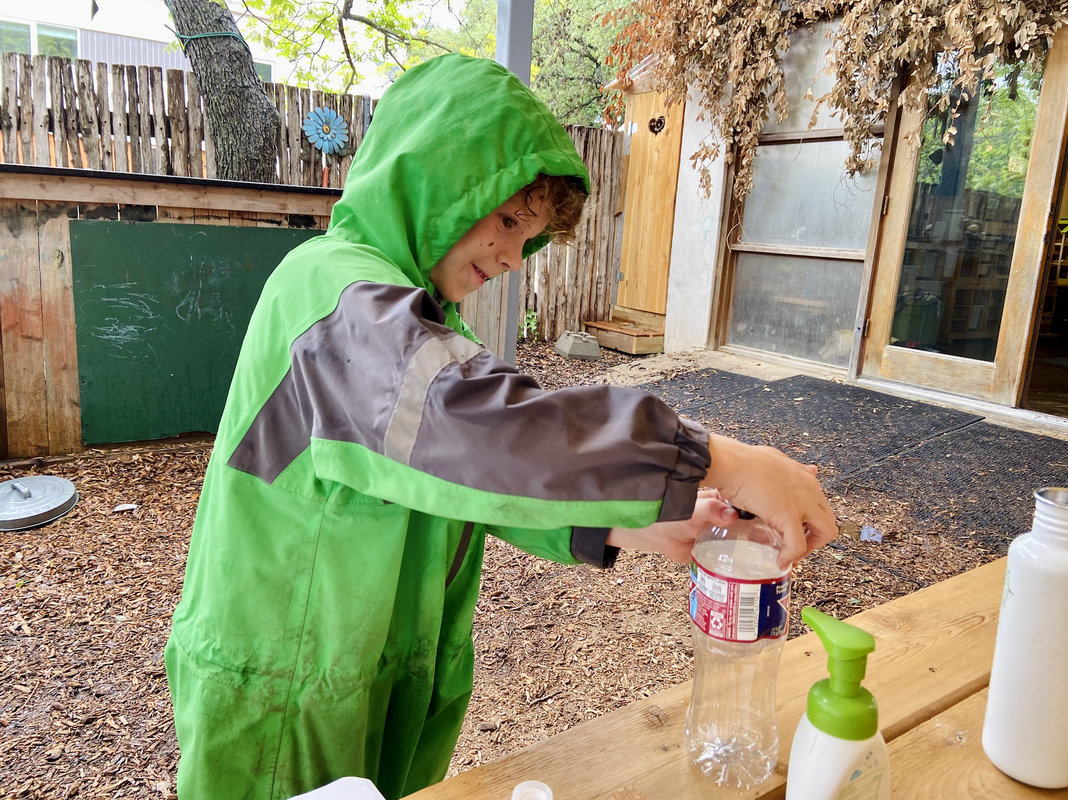
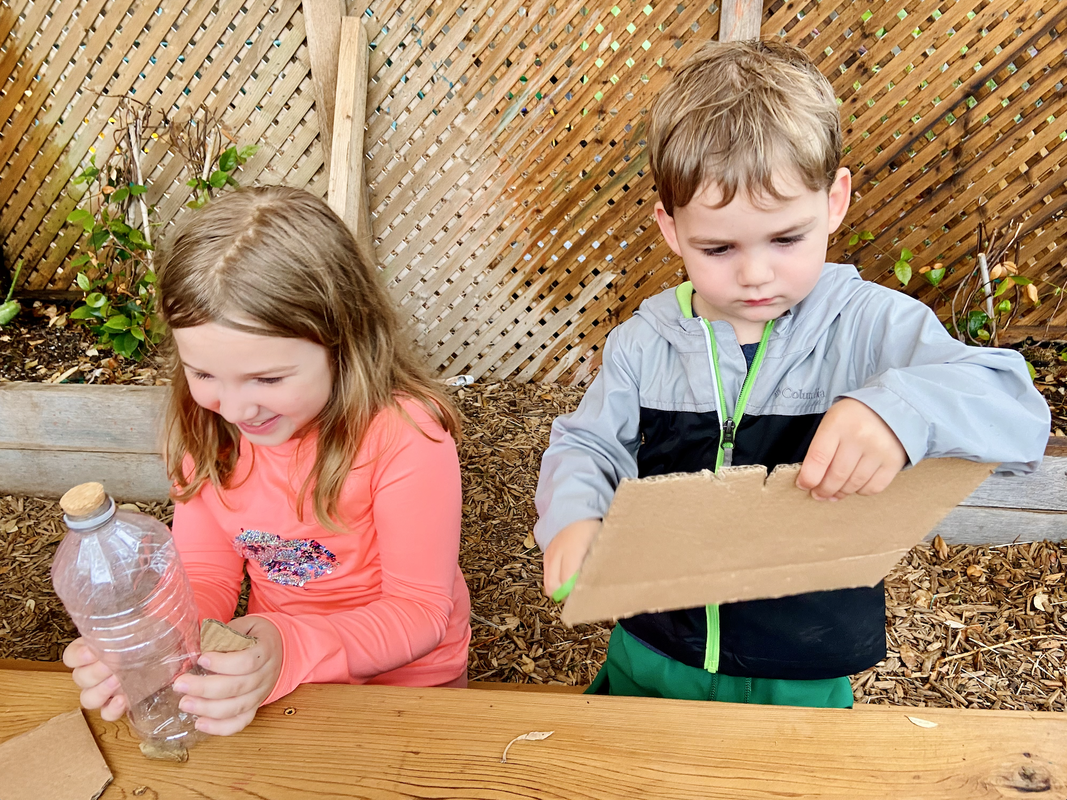
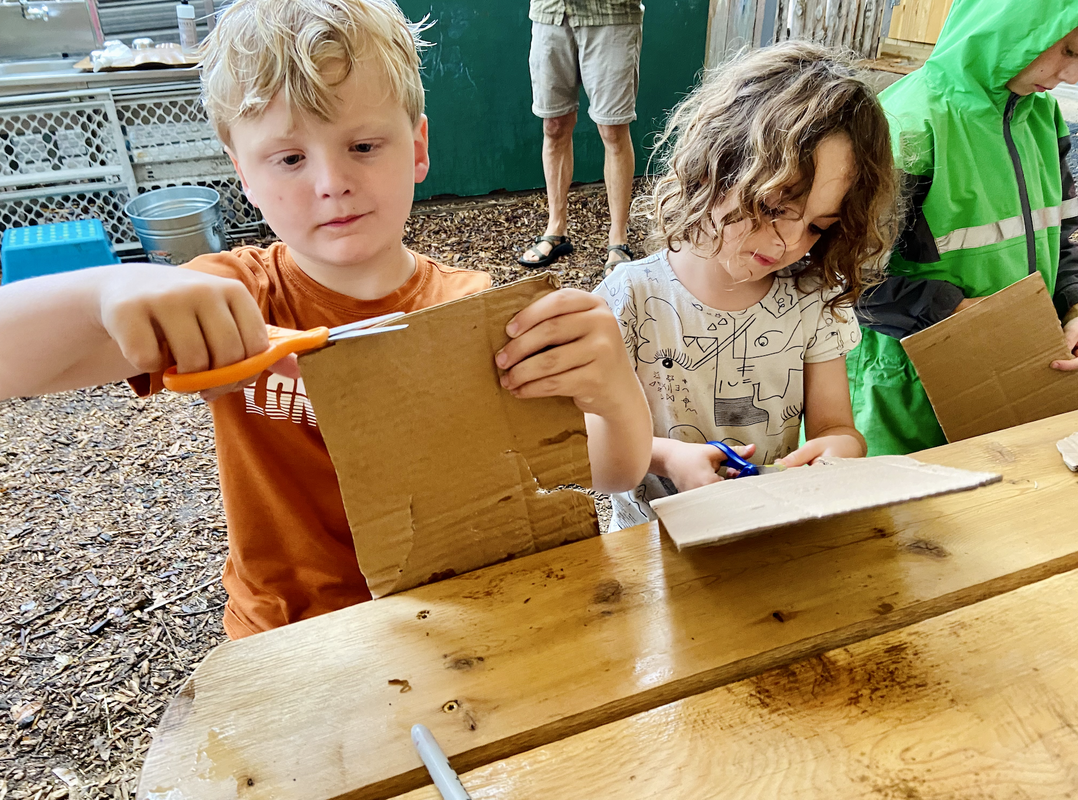
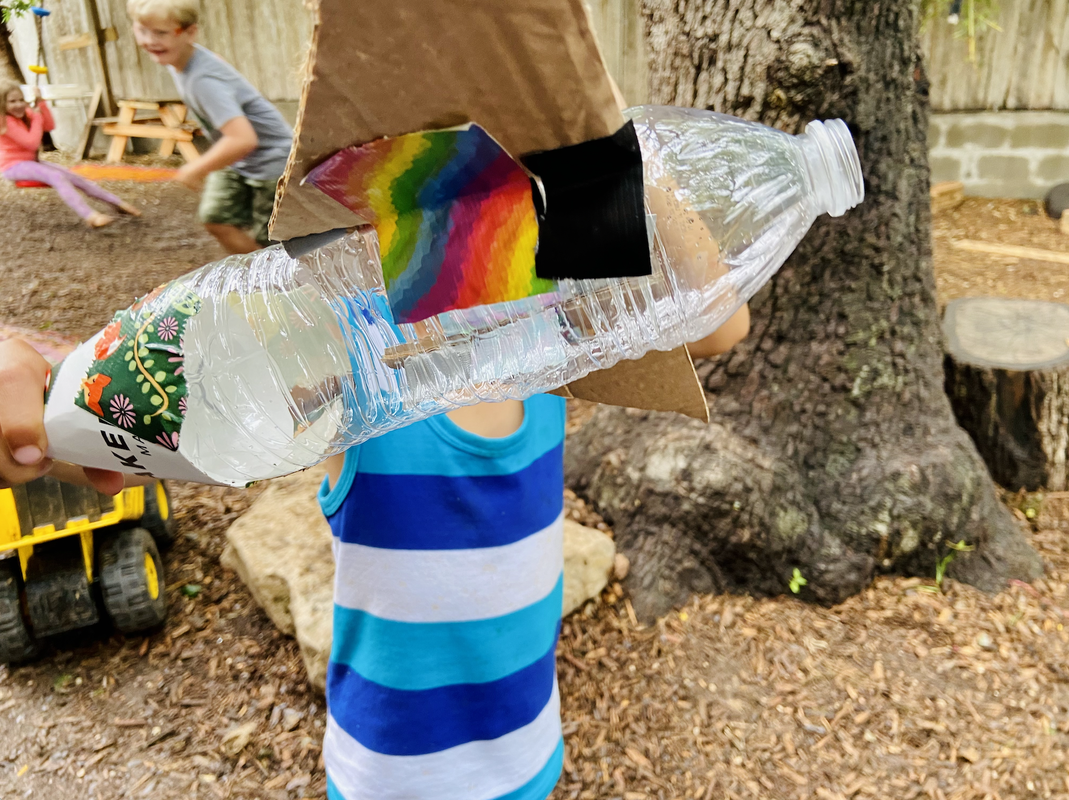
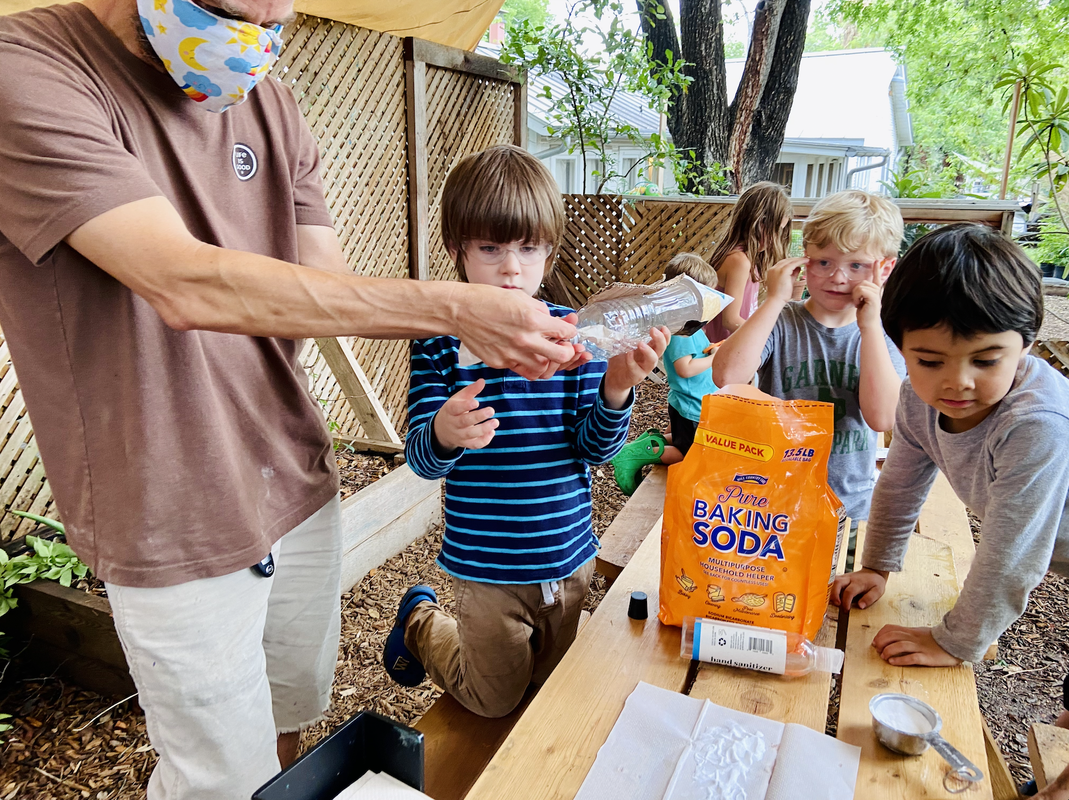
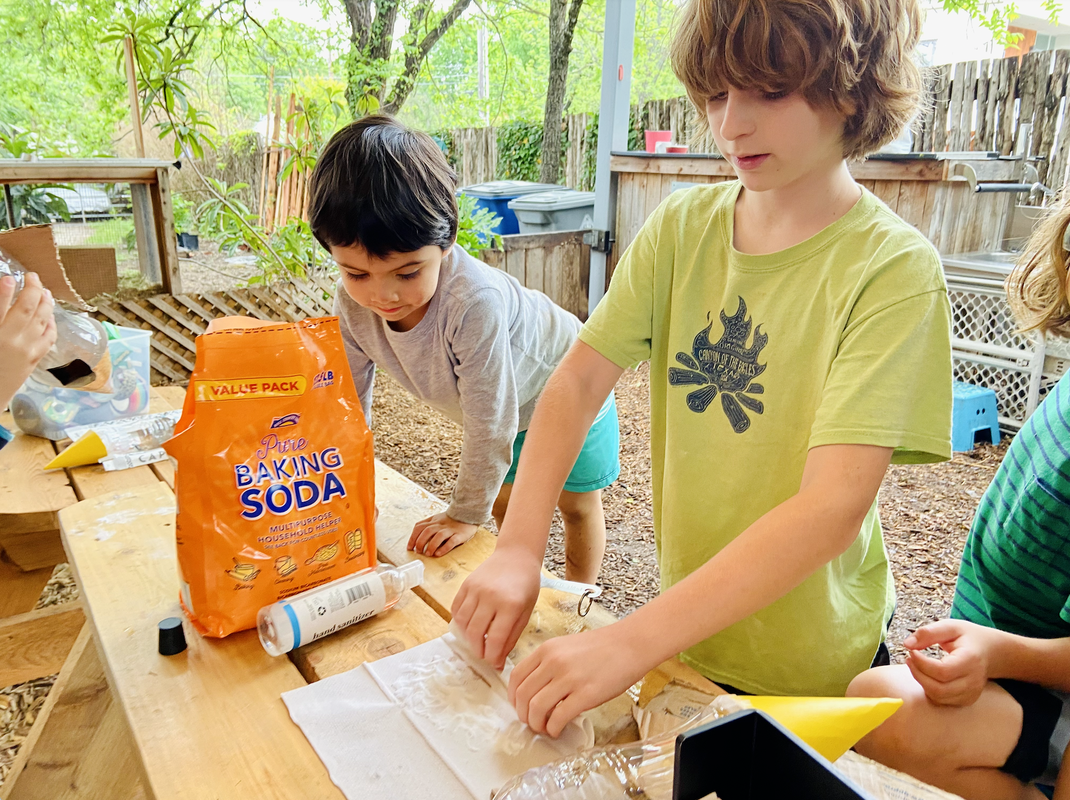
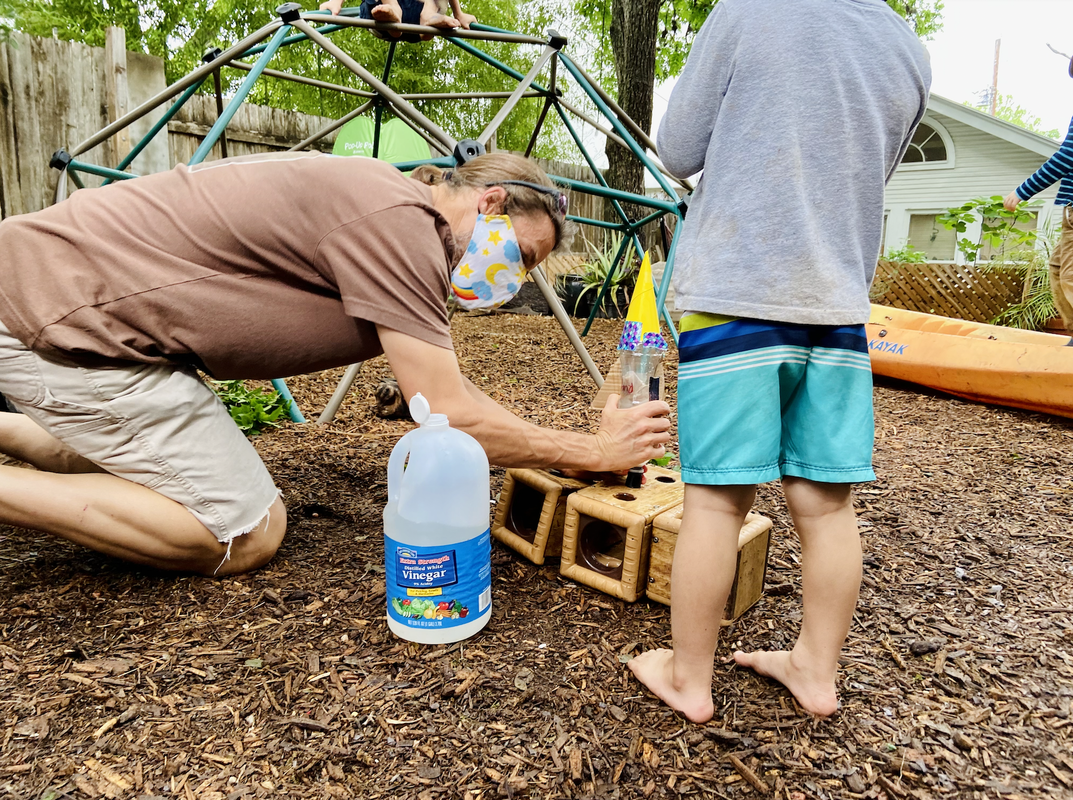
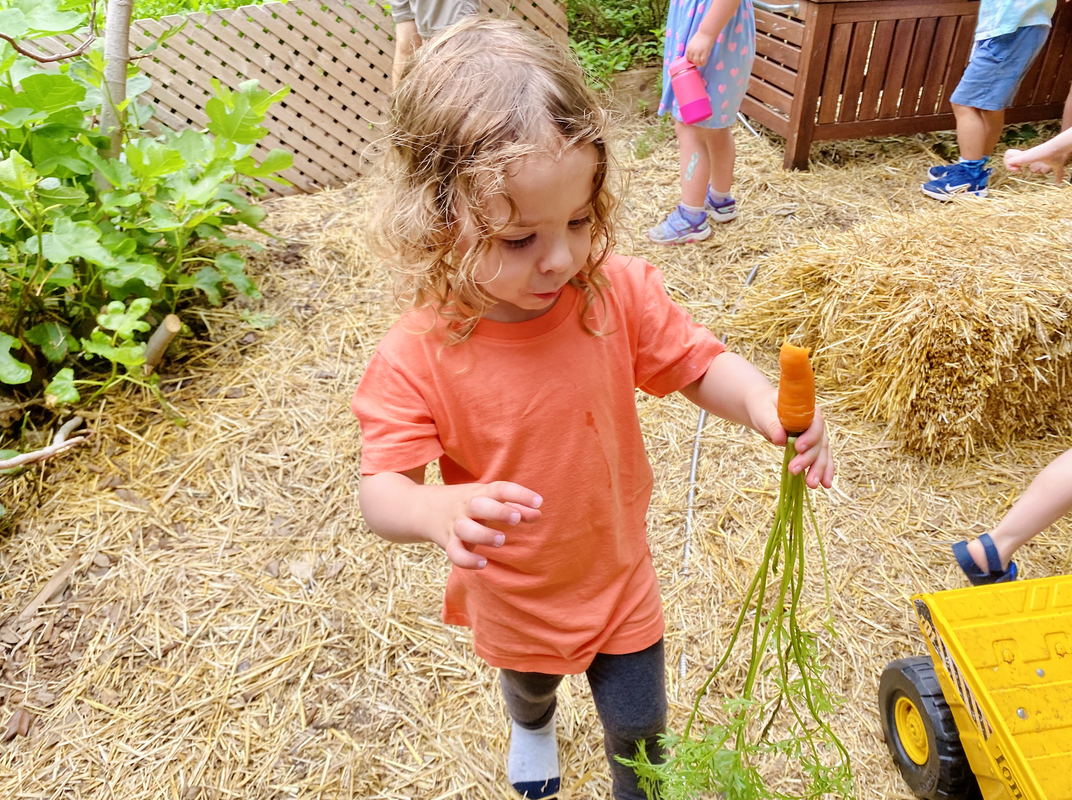
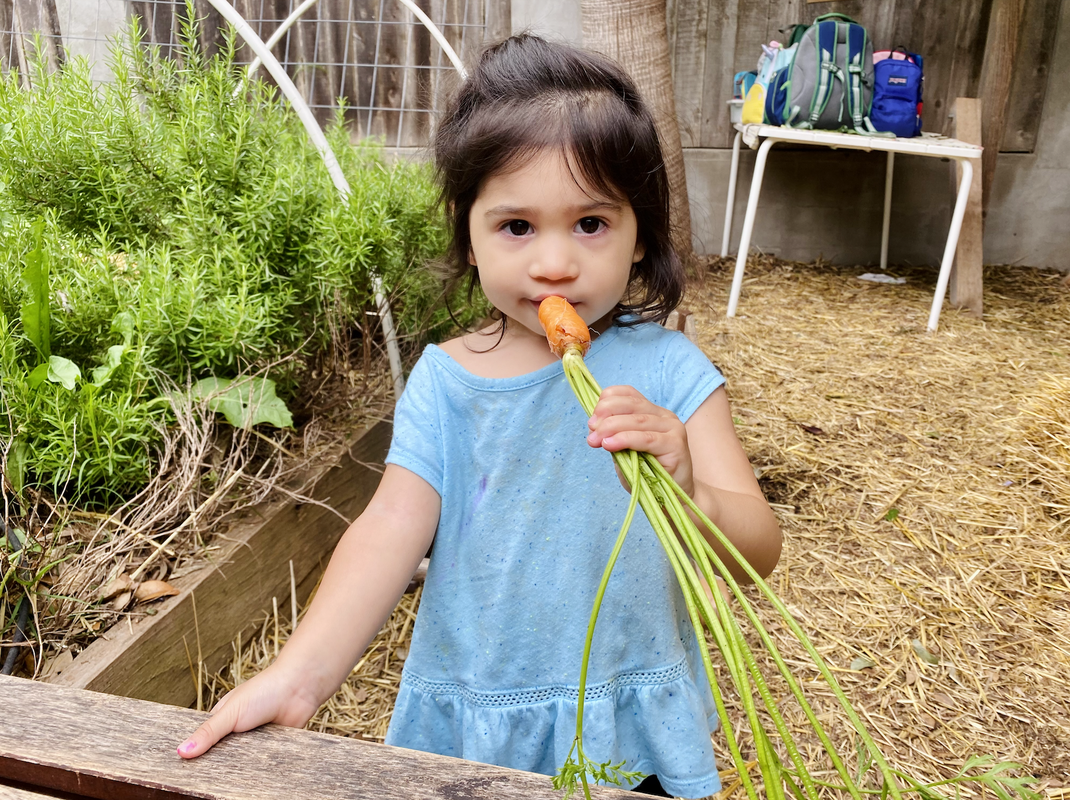
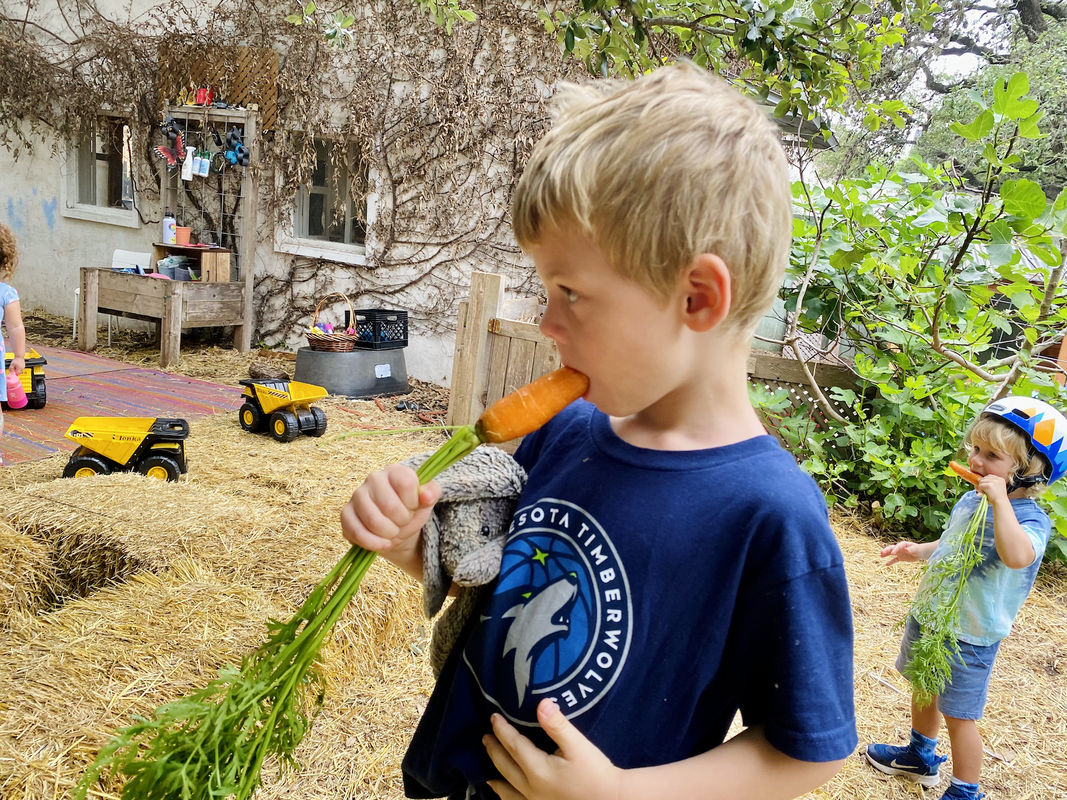
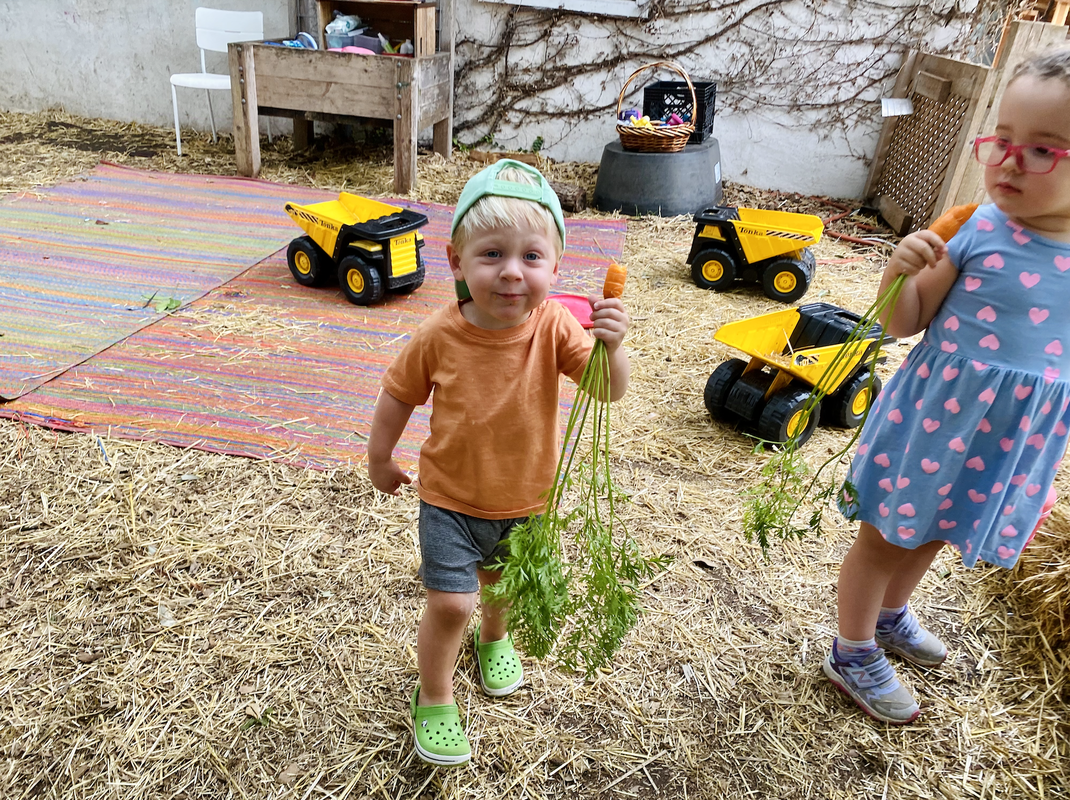
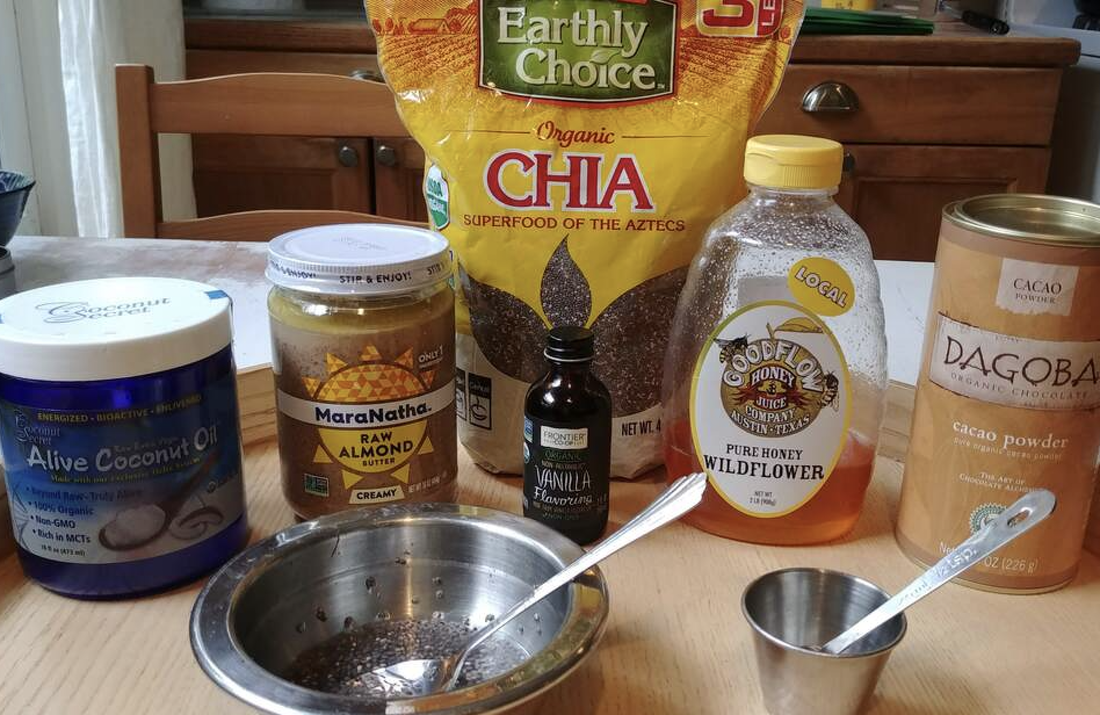
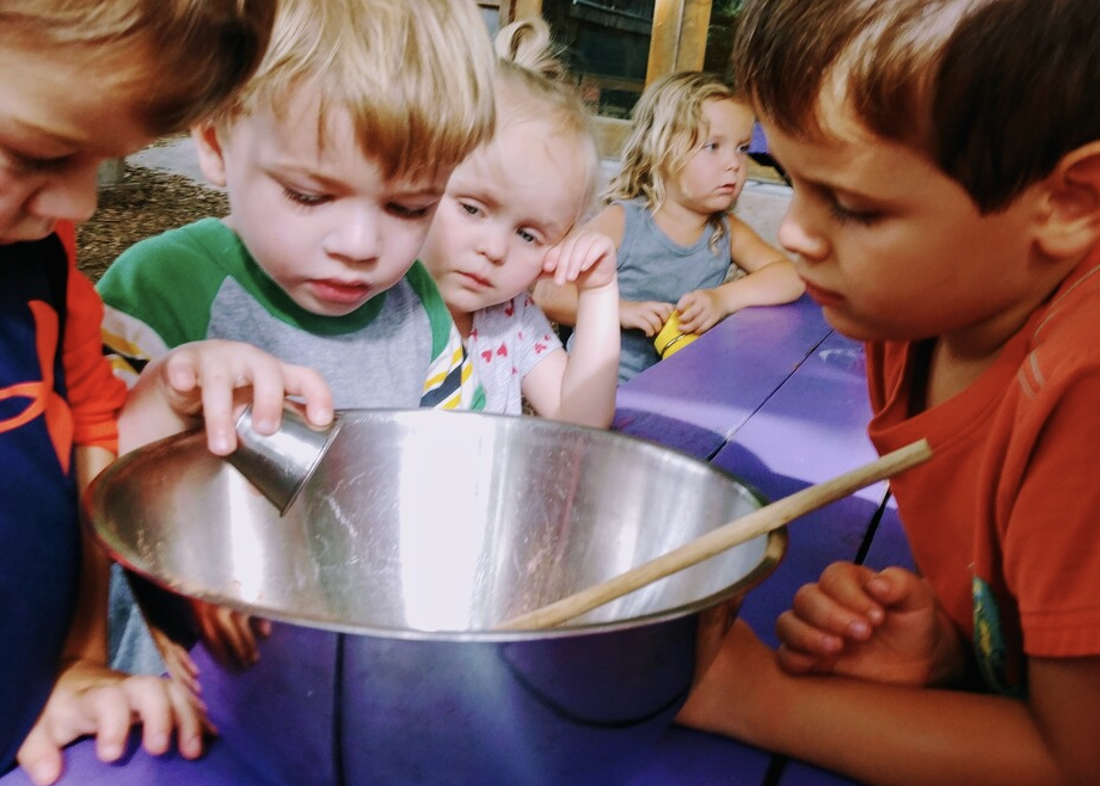
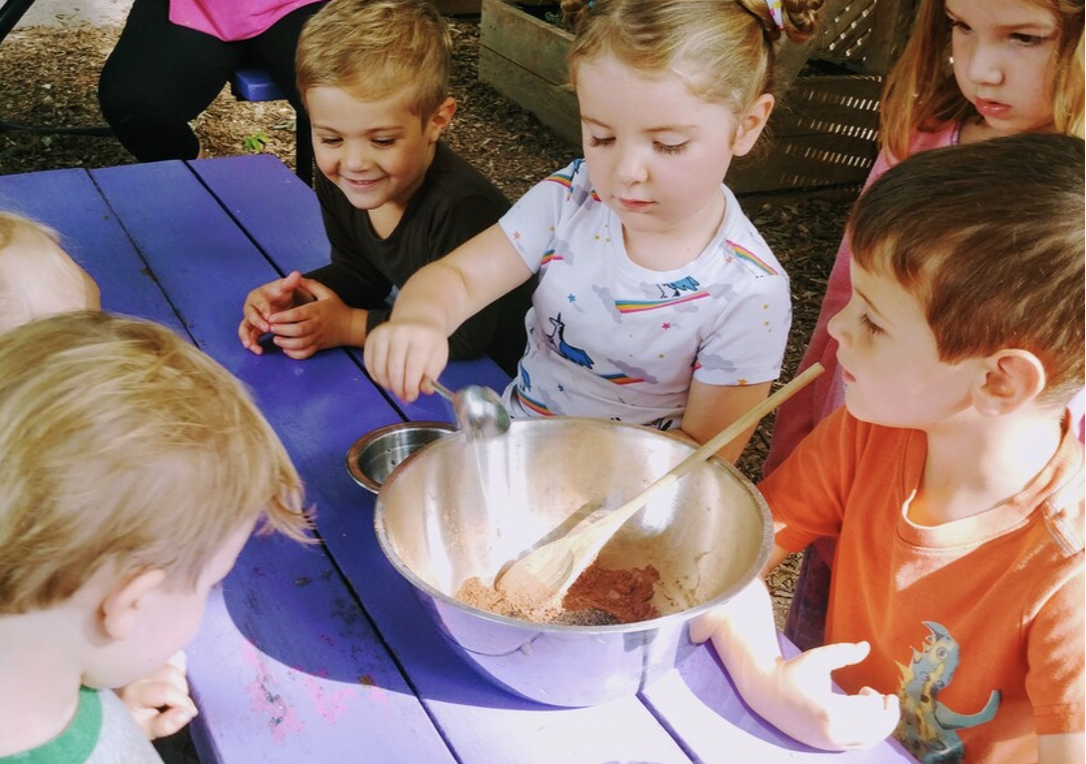
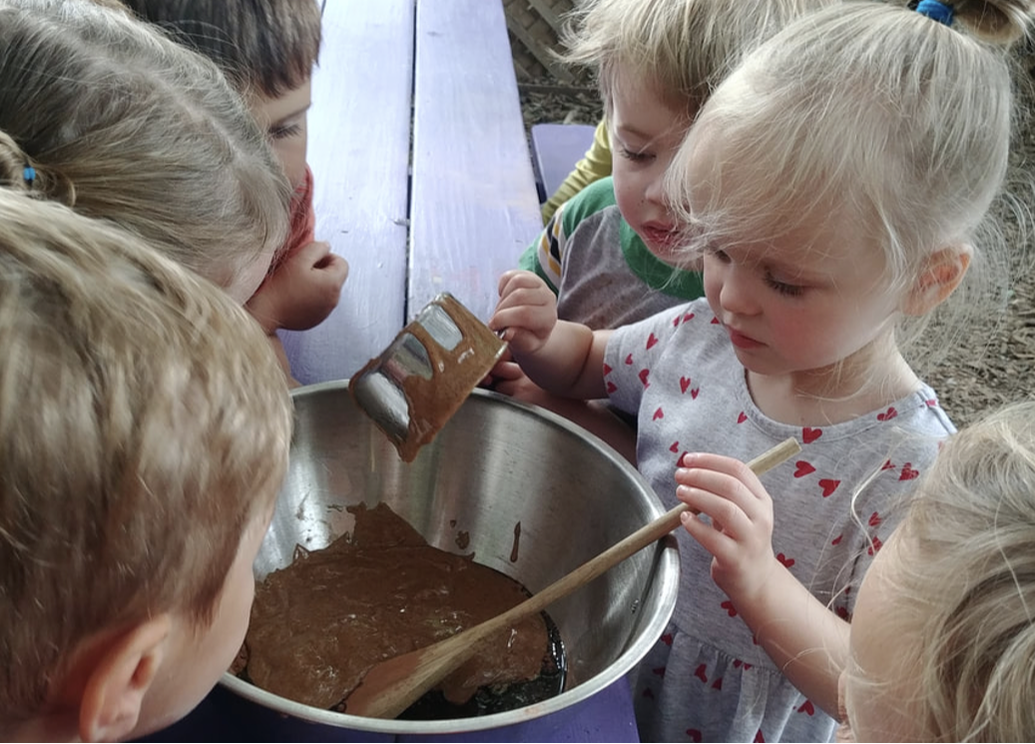
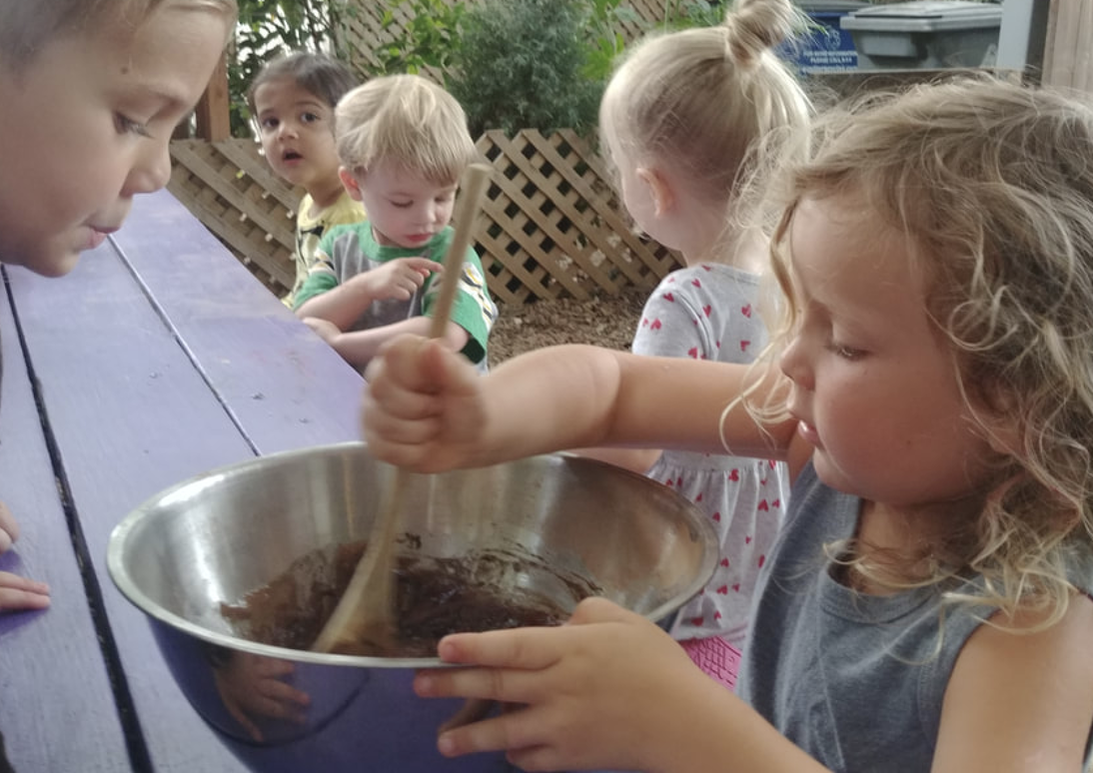

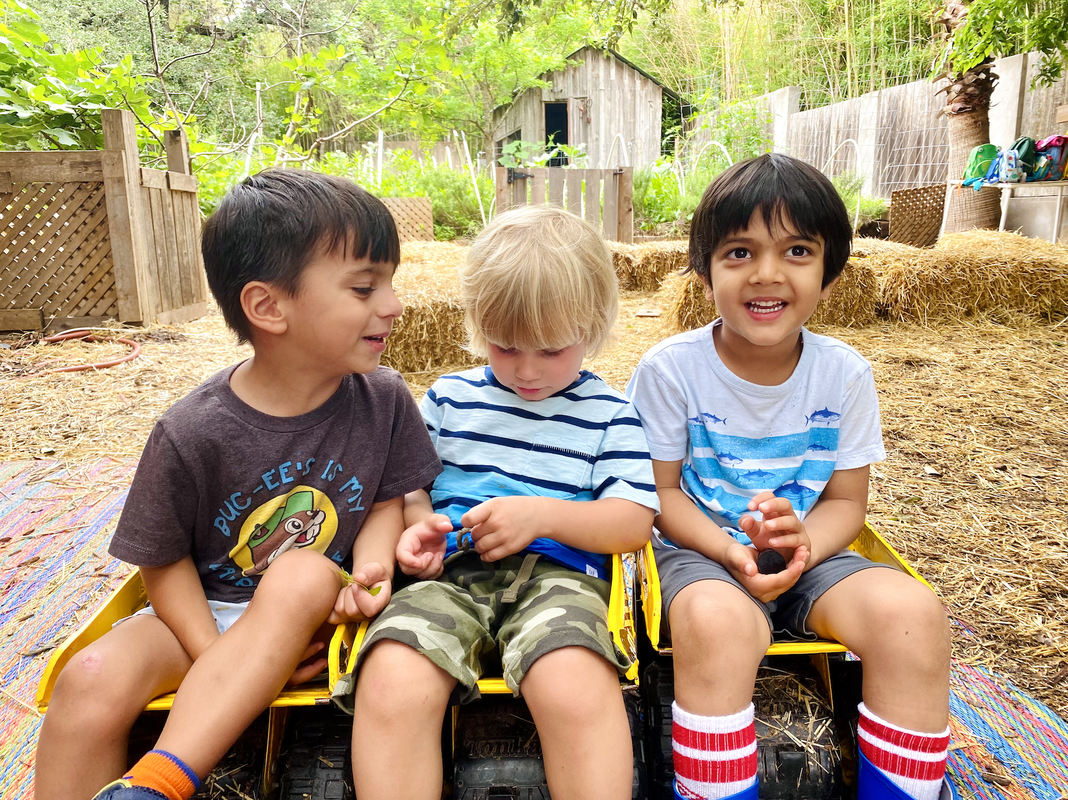
 RSS Feed
RSS Feed